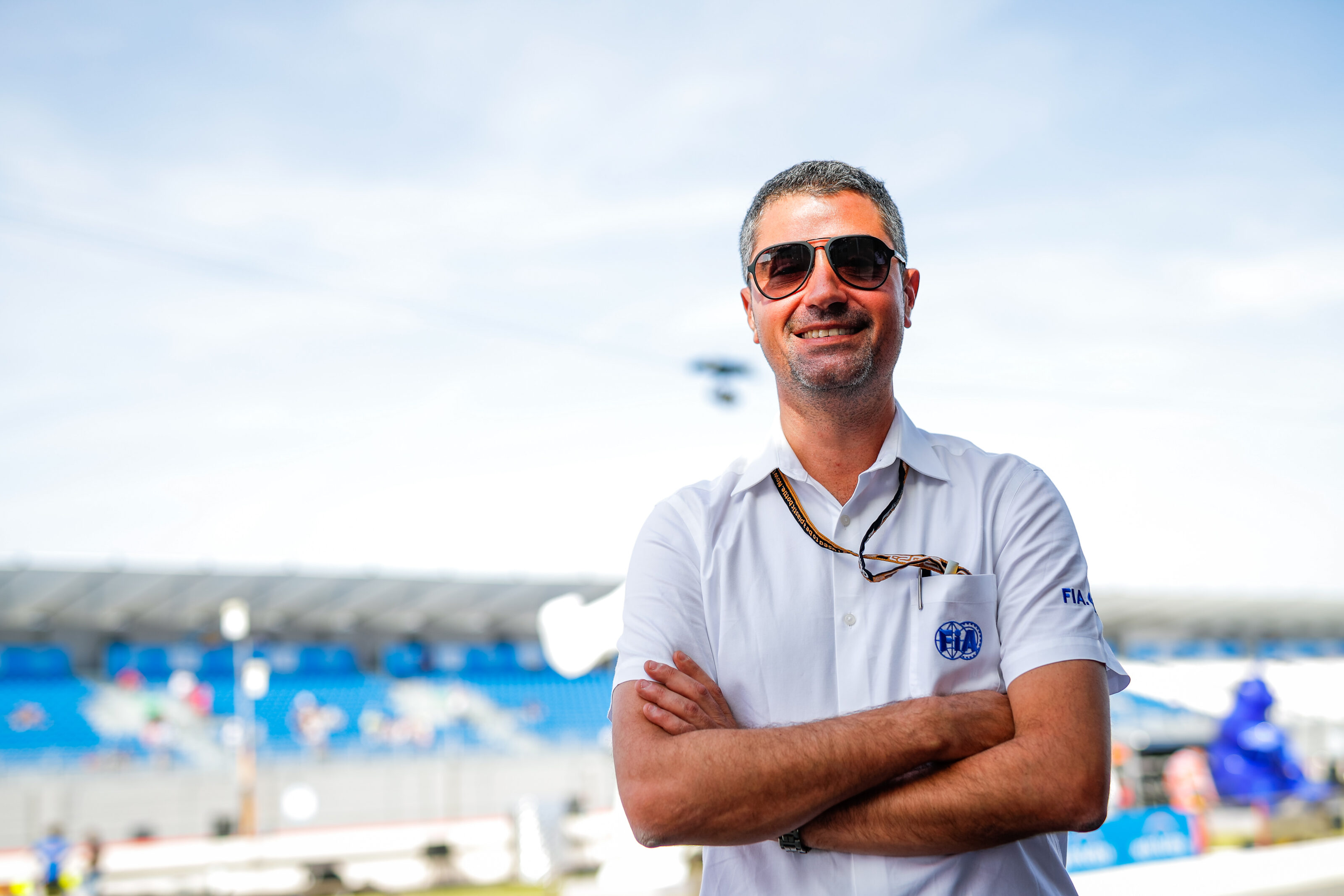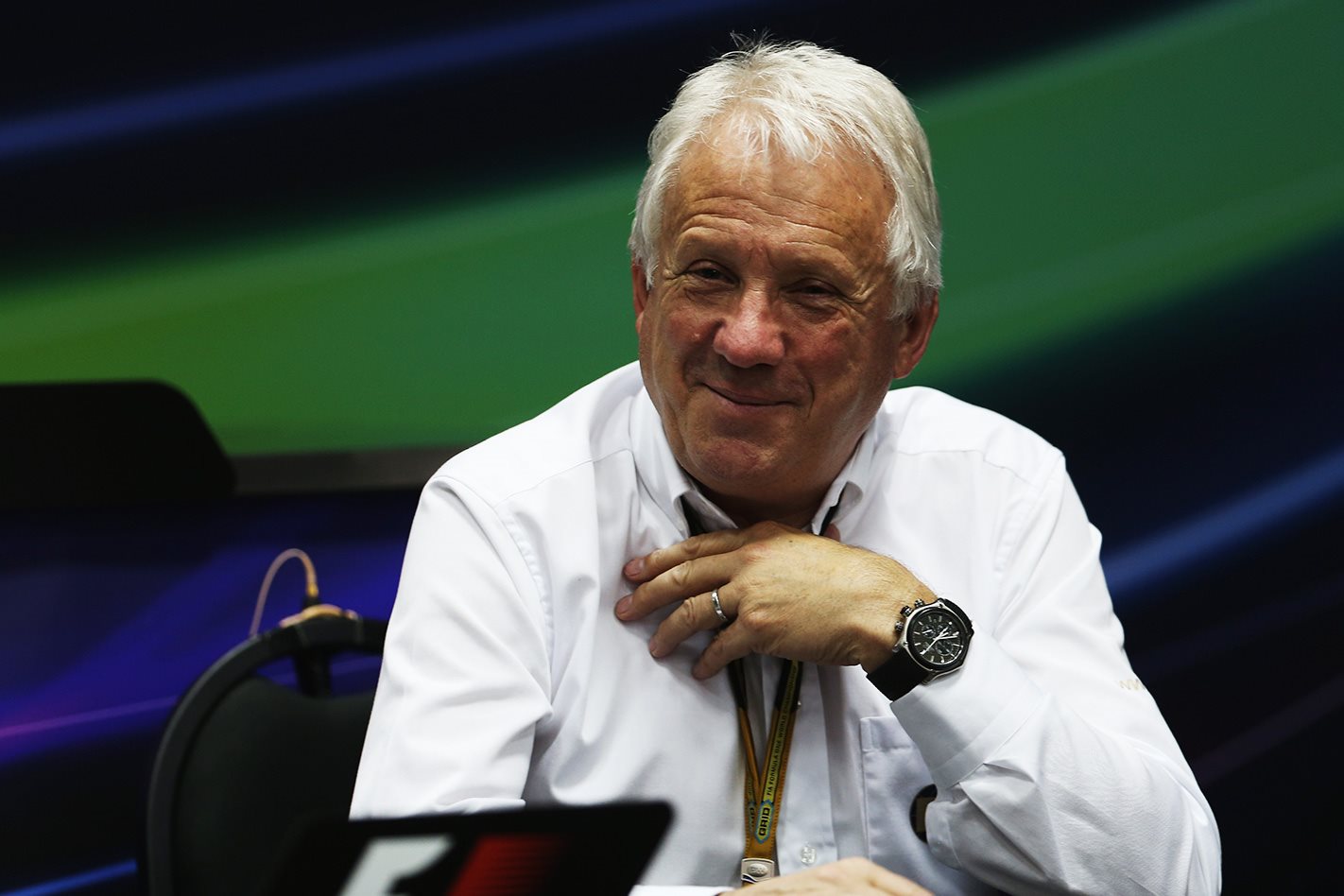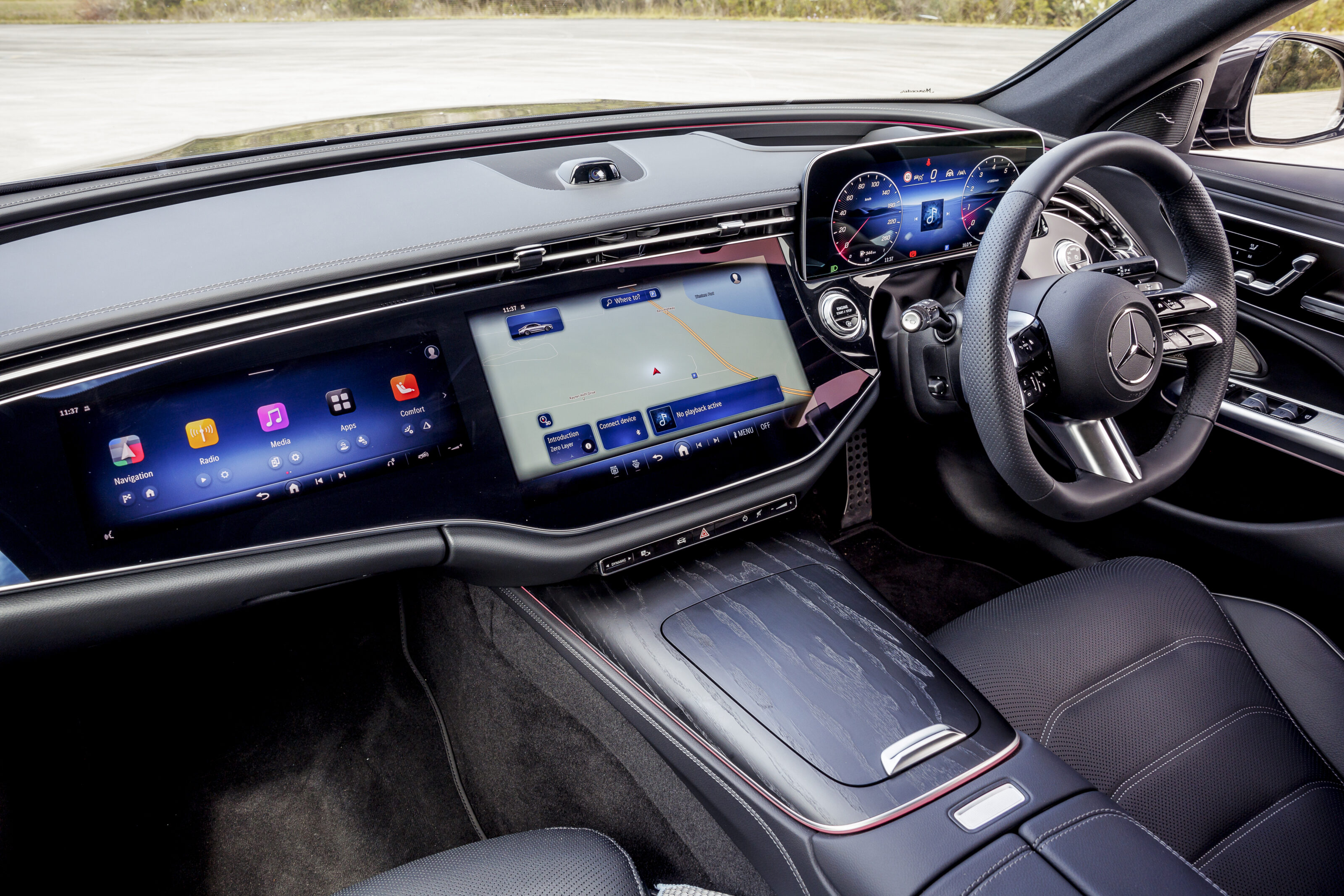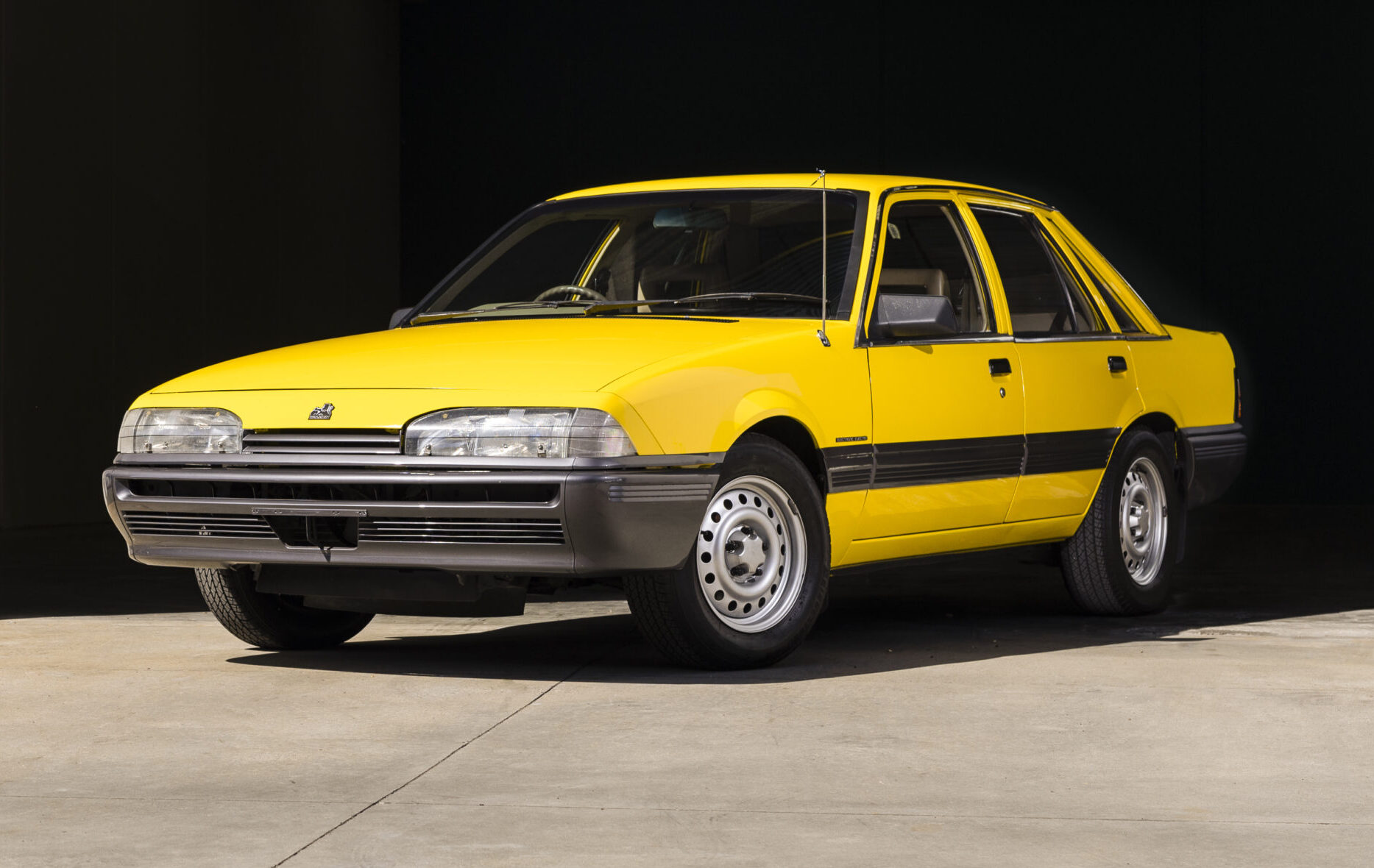This interview was published in the September 2021 issue of Wheels.
Formula 1 is a vicious environment. Only the ruthless survive and success requires exceptional ambition. Even those perceived as “nice” are as tough as they are talented.
At any level, you don’t make it in F1 unless your ability is supported by supreme self-belief and political savvy. You need to be astute as well as skilled.
Sink or swim. Kill or be killed. Dog eat dog. Nowhere to hide. Every cliché about elite sporting achievement applies to F1.
Mainly, though, it is riven with the excesses of obscene amounts of money. F1 teams this year have had their operational spending capped at US$145 million – down from as much as US$400 million – but it is still an outrageous cost.
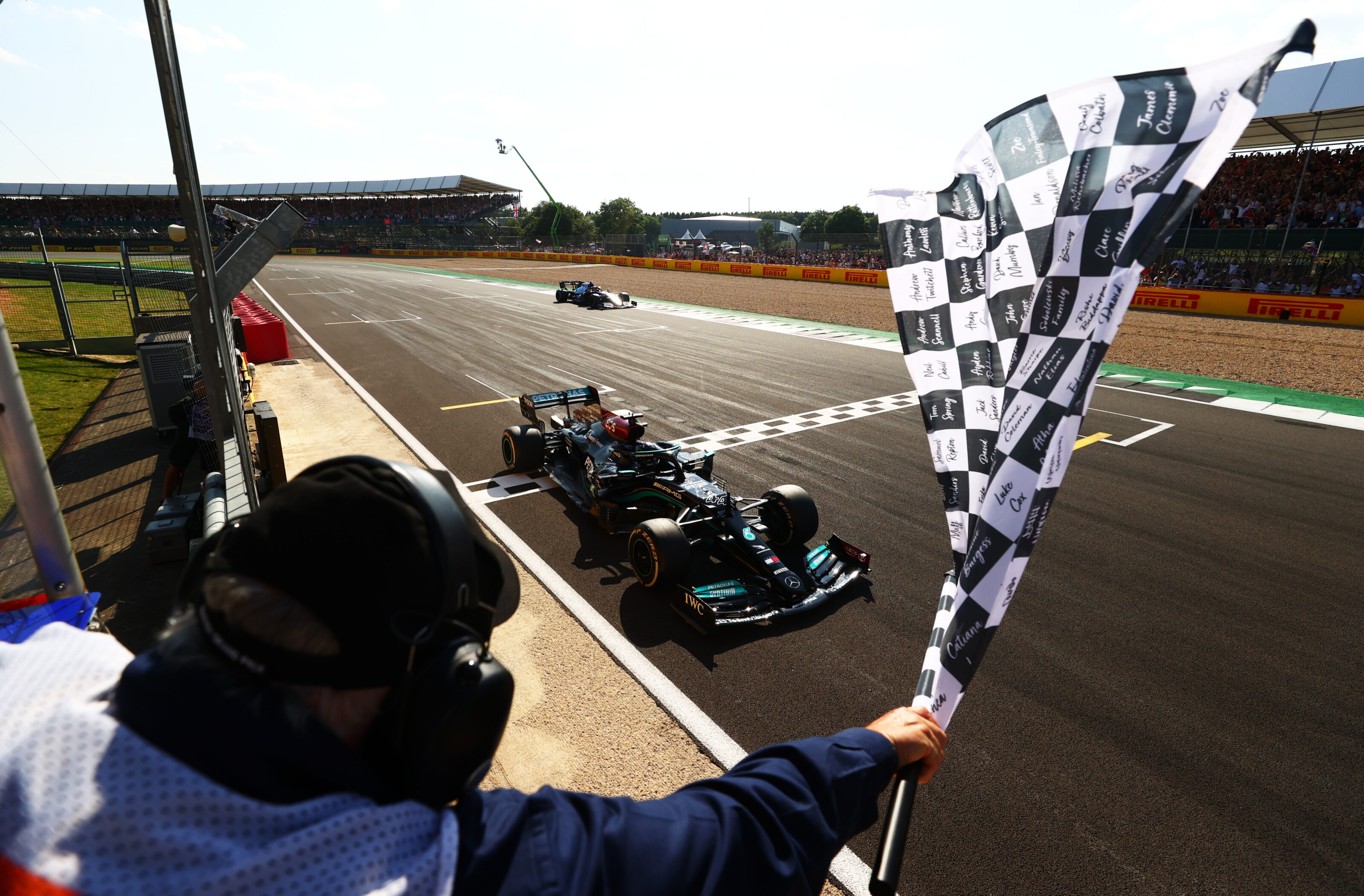
So much is at stake that as well as bringing out the best in those competing, it also brings out the worst. Agendas and egos. Power plays and politics. Money and glory. They all shape the internecine existence of F1.
It is an unforgiving existence that rewards excellence and heartlessness at the same time. So it is surprising that into this ultra-competitive cauldron enters an Aussie renowned for being universally popular.
He is Michael Masi, the Sydney-born F1 race director. As well as an accomplished motorsport administrator, he is someone almost everybody likes.
Masi’s equanimity has charmed the hardest hard-arses in racing. Thrown into the deep end in tragic circumstances two-and-a-half years ago, he has won the respect of the most intense racers in one of the biggest sporting enterprises in the world.
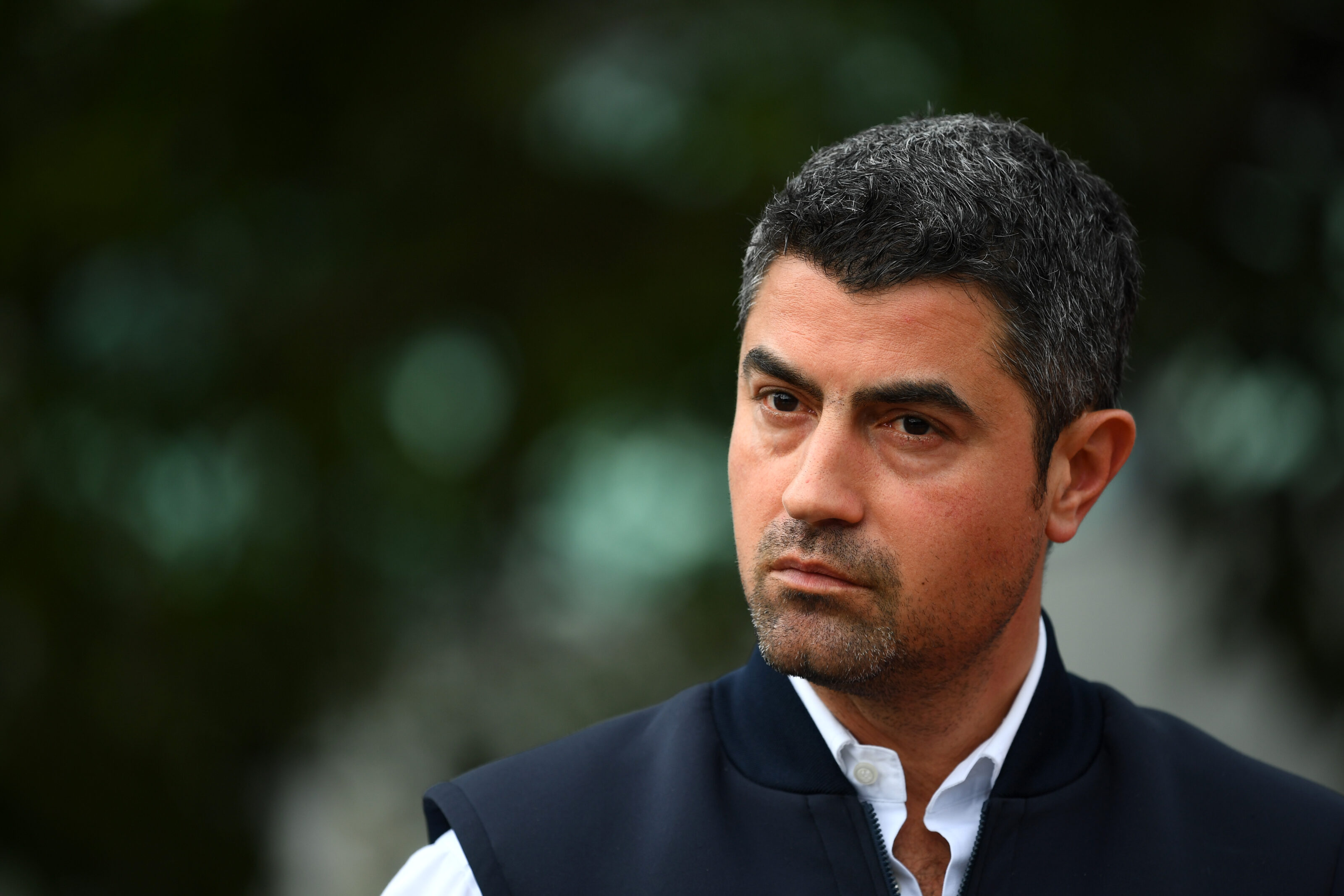
He is, effectively, the boss of F1 at every grand prix, controlling how the competition is conducted.
Masi is amiable, dashing and authoritative. He is also a stickler for The Rules. A rare combination of agency and ability leavened by personability.
F1 fans are not so impressed. They question his race rulings, arguing his application of the rules is inconsistent. Drivers and teams dispute his decisions. Such is the life of the Aussie in the hot seat.
Masi’s ascension to the top of racing officialdom is a tale of enthusiasm, dedication and personality. For a quarter of a century, he was at the forefront of Australian and international motorsport administration, rising on the tide of his competence, augmented by his personal appeal.
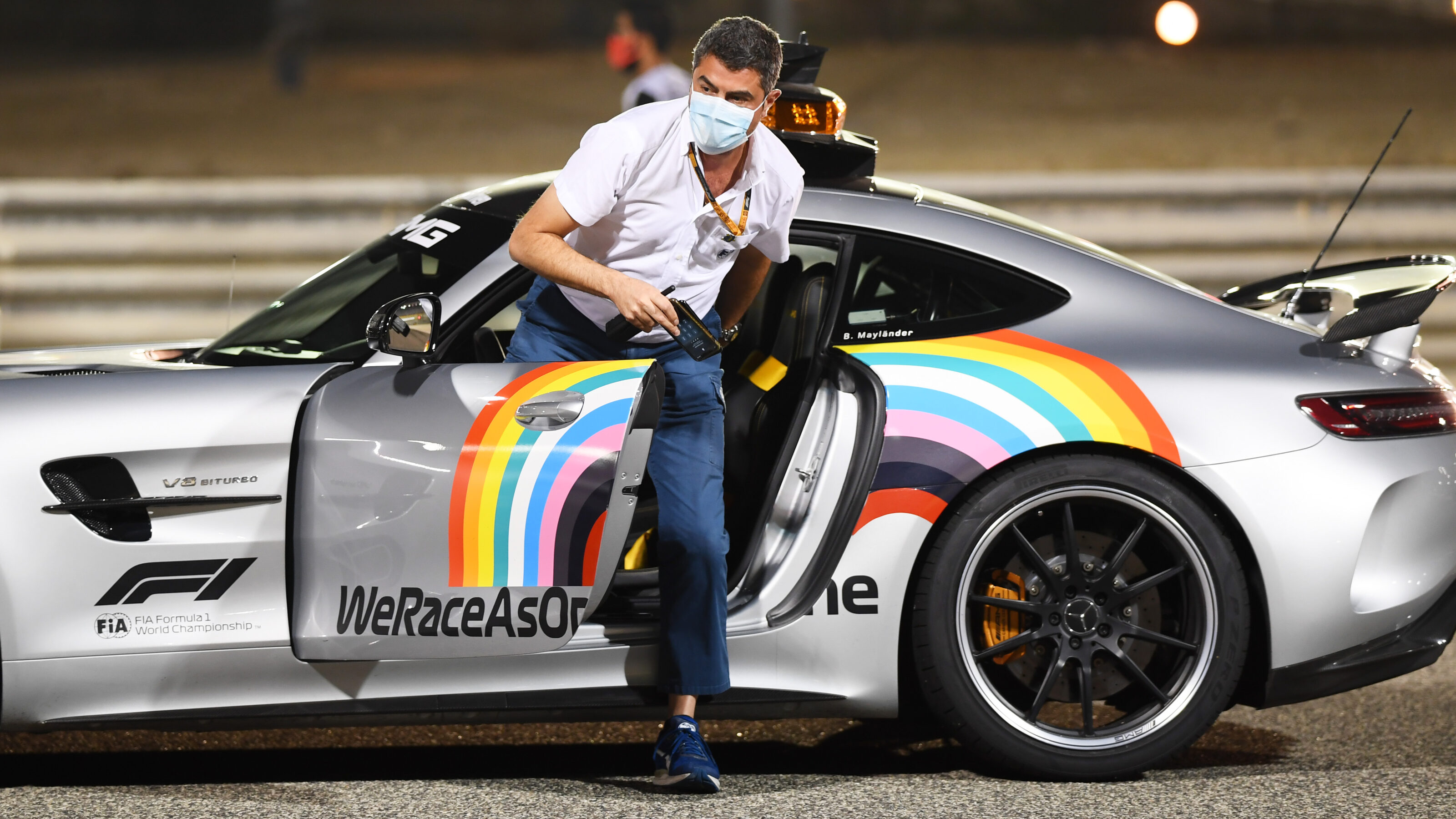
He is 42 with flecks of grey in his dark hair. His Latin good looks come from his Italian heritage. His interest in racing was fuelled by his family’s involvement when he was growing up in inner western Sydney.
Masi’s CV reads like an audition for where he is. Key positions in Super Touring and Supercars, working for V8 legend Mark Skaife, plus Motorsport Australia, running Rally Australia and working for the FIA, the world car racing governing body.
He has worked for – or with – some of the best administrators in the business. BTCC boss Alan Gow, Supercars founder Tony Cochrane and former touring car manager Kelvin O’Reilly are among his mentors.
FIA luminaries also spotted his potential. In 2019, he was to be groomed as a potential successor to crusty long-time F1 race director Charlie Whiting. The wily Whiting, a classic poacher turned game keeper as a former F1 mechanic, died in his hotel room on the Thursday before the 2019 season-opening Melbourne GP.
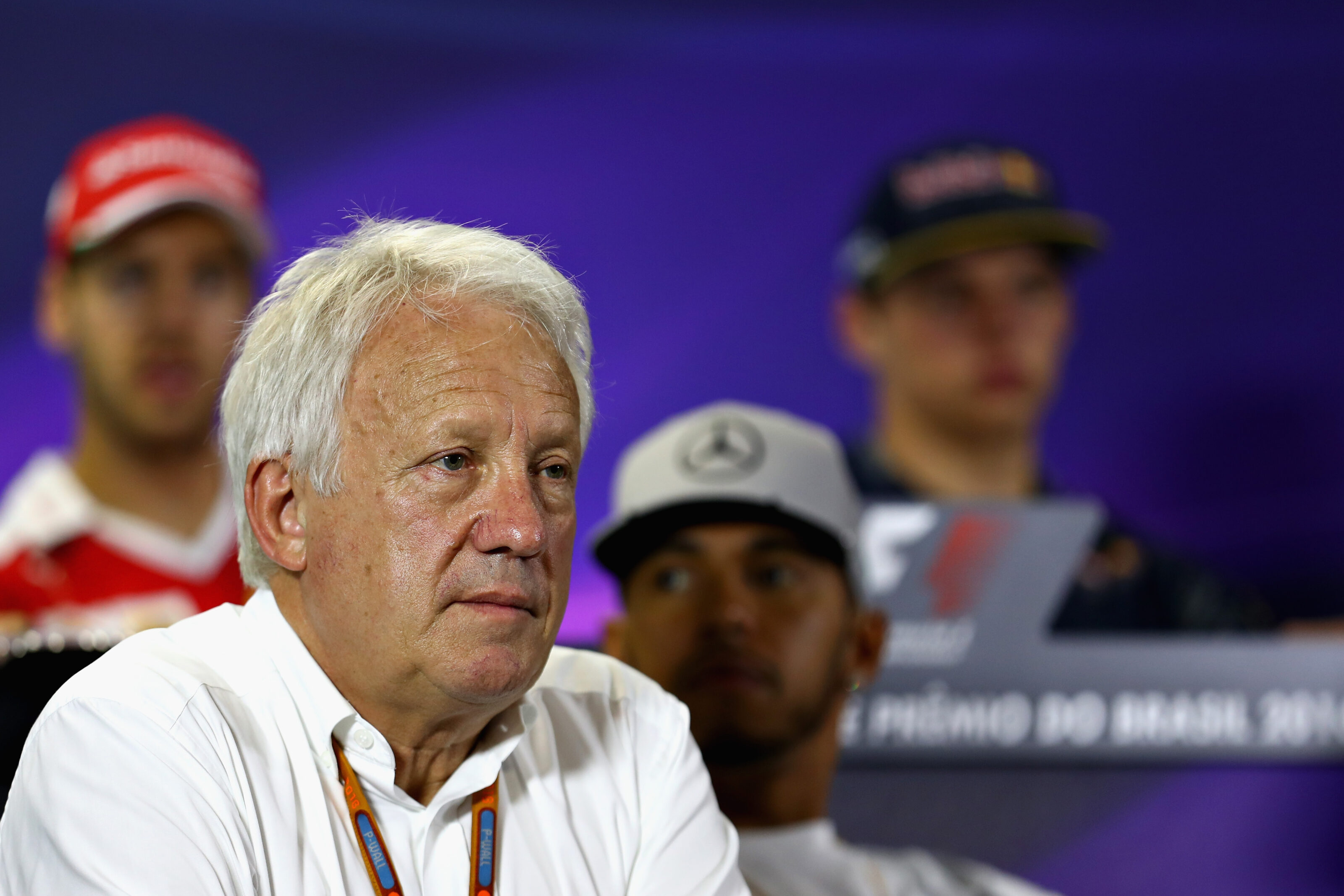
Masi’s life has never been the same since. Thrown into the job without warning, he stepped up and accepted the onerous role. He was front-and-centre when last year’s AGP was cancelled at the 11th hour at the beginning of the global coronavirus crisis.
More than two years after his unfortunate ascension, he is ensconced as F1 race director. Outside struggling star Daniel Ricciardo, he the highest profile Australian in F1.
Flashback to 1992. Michael Masi is a car-crazed kid enthused about racing by his uncles. He sees his first F1 race in Adelaide.
Nearly 30 years later, he reflects on his rise from voluntary teenager to trainee with TOCA Australia in the late 1990s.
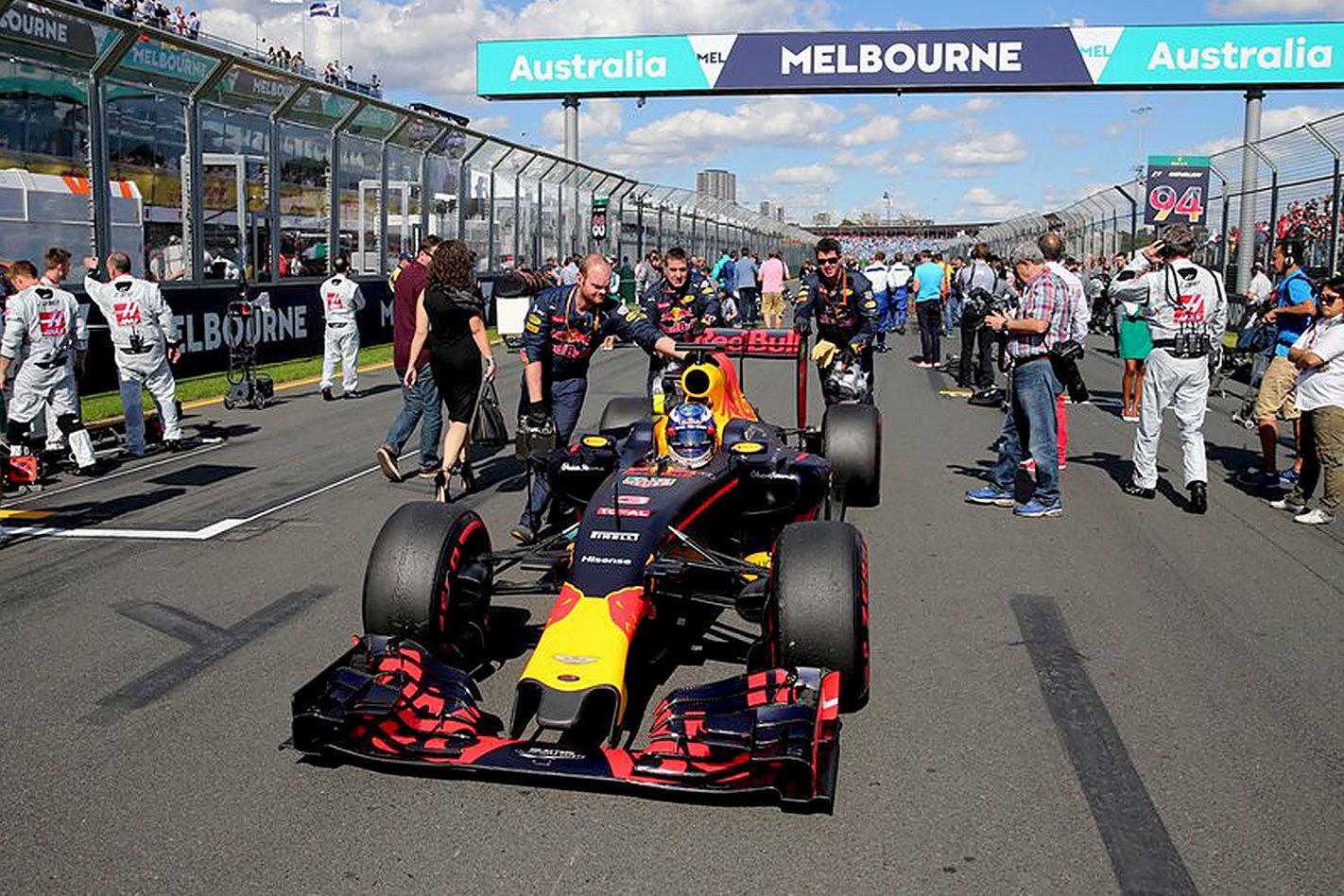
After helping a couple of Super Touring 2.0-litre teams, he joined TOCA Australia in ’99, working as a teenager for luminaries Kelvin O’Reilly, Terry Morris, Alan Gow and Peter Adderton.
“That was my first paid professional role in the sport,” Masi recalls. “I’m very thankful and appreciative to them for giving me my start.”
Encouraged by his mother Pia, Masi explored his place in motor racing.
“I enjoyed the management side of it,” he said. “I realised that was where my passion was. While at school I thought my only way into the sport was as an engineer, but I very quickly realised that wasn’t me.
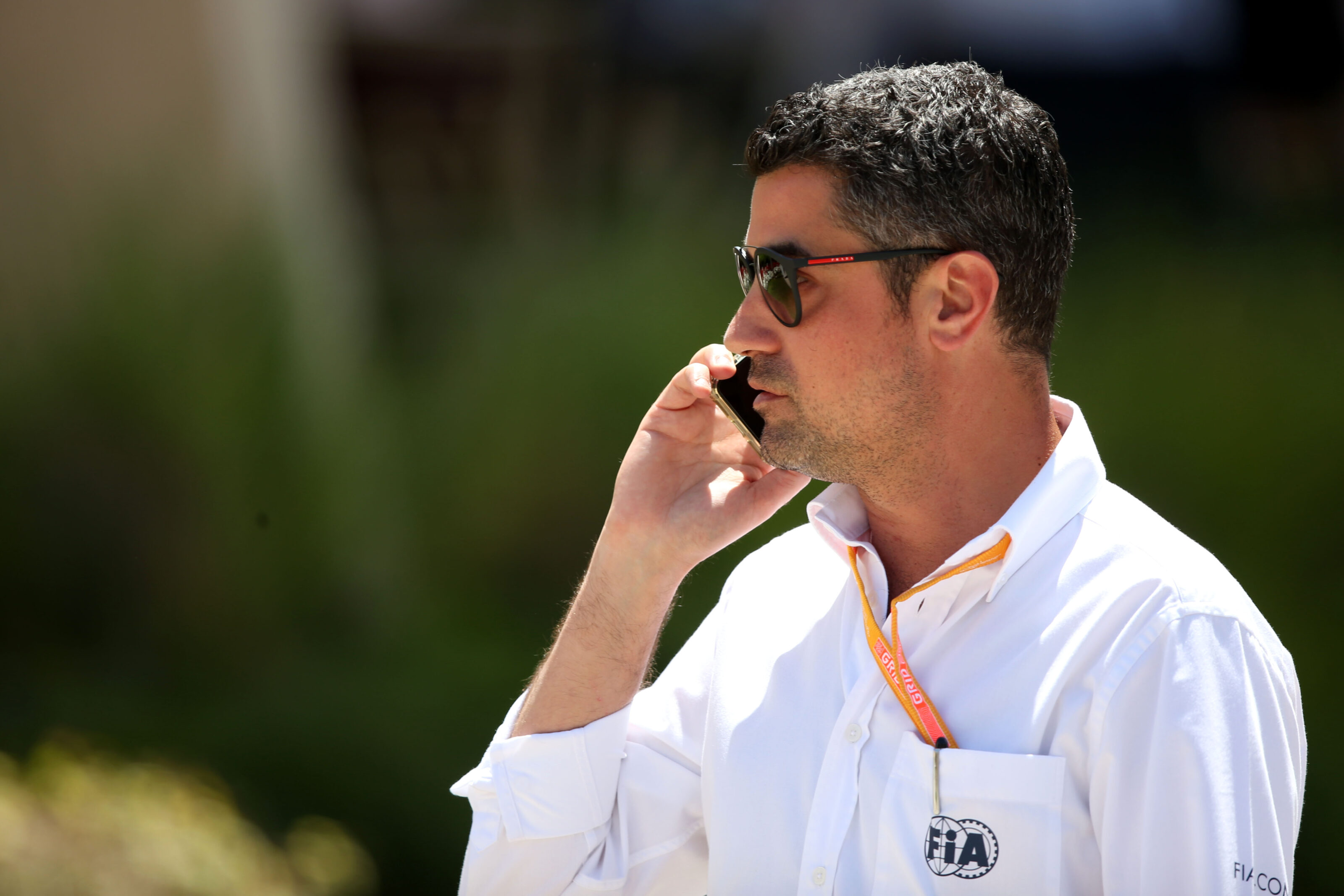
“Engineering wasn’t my strength, but the management and officiating side of the sport was. It wasn’t a planned path, but it evolved over the years from working at TOCA Australia in ’99.”
Even back then, his people skills were evident. Through years in and around Supercars, he was highly regarded as a senior official, generating trust among competitors.
He was approachable and personable. Hard but fair – with a beguiling smile and easy manner. F1 has embraced his Aussie attitude, accepting him as the race weekend arbiter.
Following in the footsteps of hardened veteran Whiting, popular and revered for his unbiased adjudication, is no mean feat. F1 is insular and defensive, wary of new ideas and newcomers despite its reputation and presentation as leading-edge. High-tech, low-tolerance is F1’s default setting.
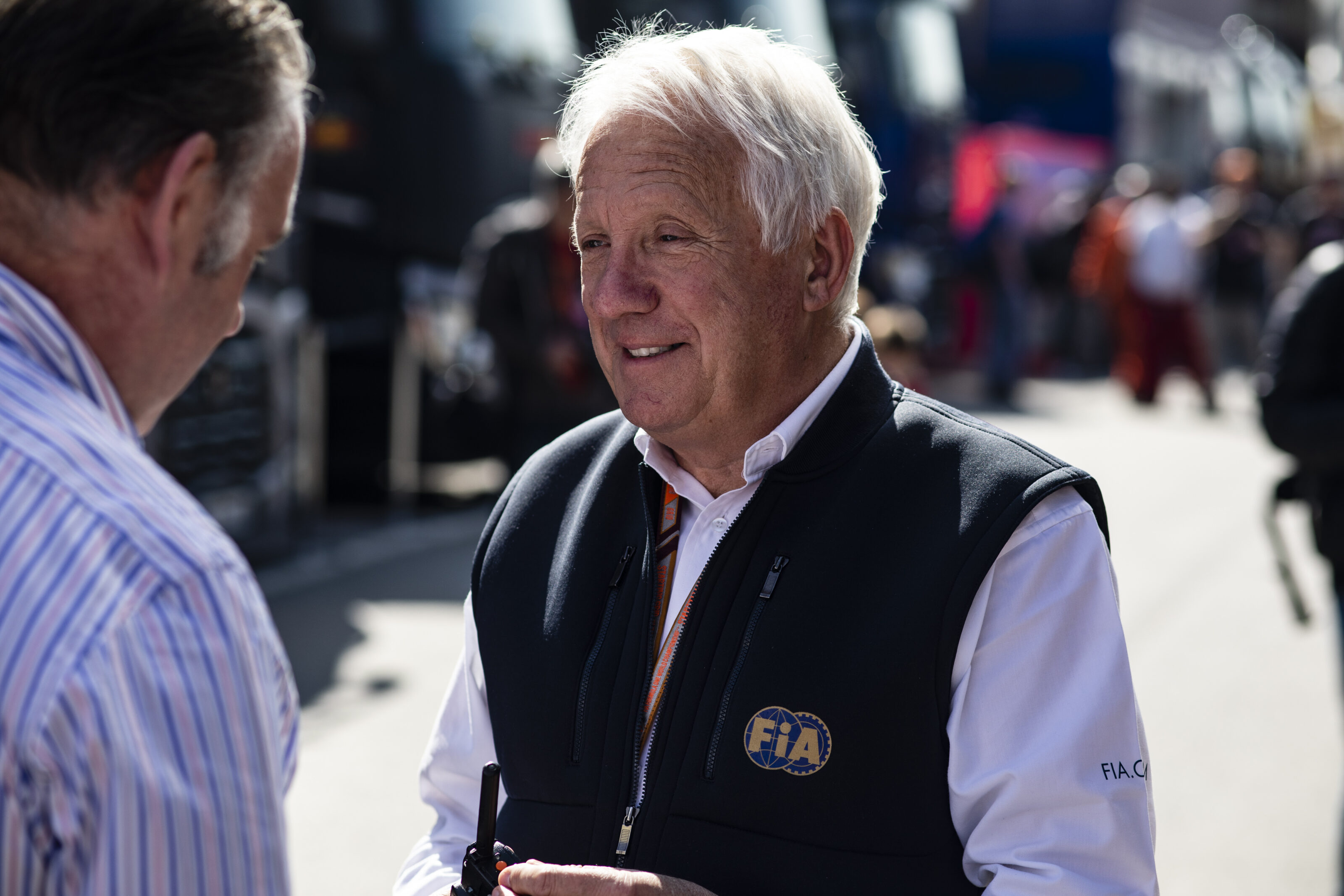
Amid the COVID-19 pandemic, Masi has straddled the conflicting requirements of caution versus action. He was a key player in the coronavirus protocols that enabled last season to happen and this year’s to continue despite the cancellations of marquee events like the Australian and Canadian Grands Prix.
As a displaced expat – he still has no permanent base in Europe – he is adrift, bouncing between hotels and events. Yet he is uncomplaining, regarding his multidiscipline role at the FIA as a privilege.
He is, however, not a fan favourite. F1 followers question his decisions on transgressions, especially track limit fouls, and their referral to the stewards.
And that is the point. Apart from in-race penalties, Masi does not adjudicate. The rotating stewards panel, headed by fellow Australian Garry Connelly, apply F1 sanctions.
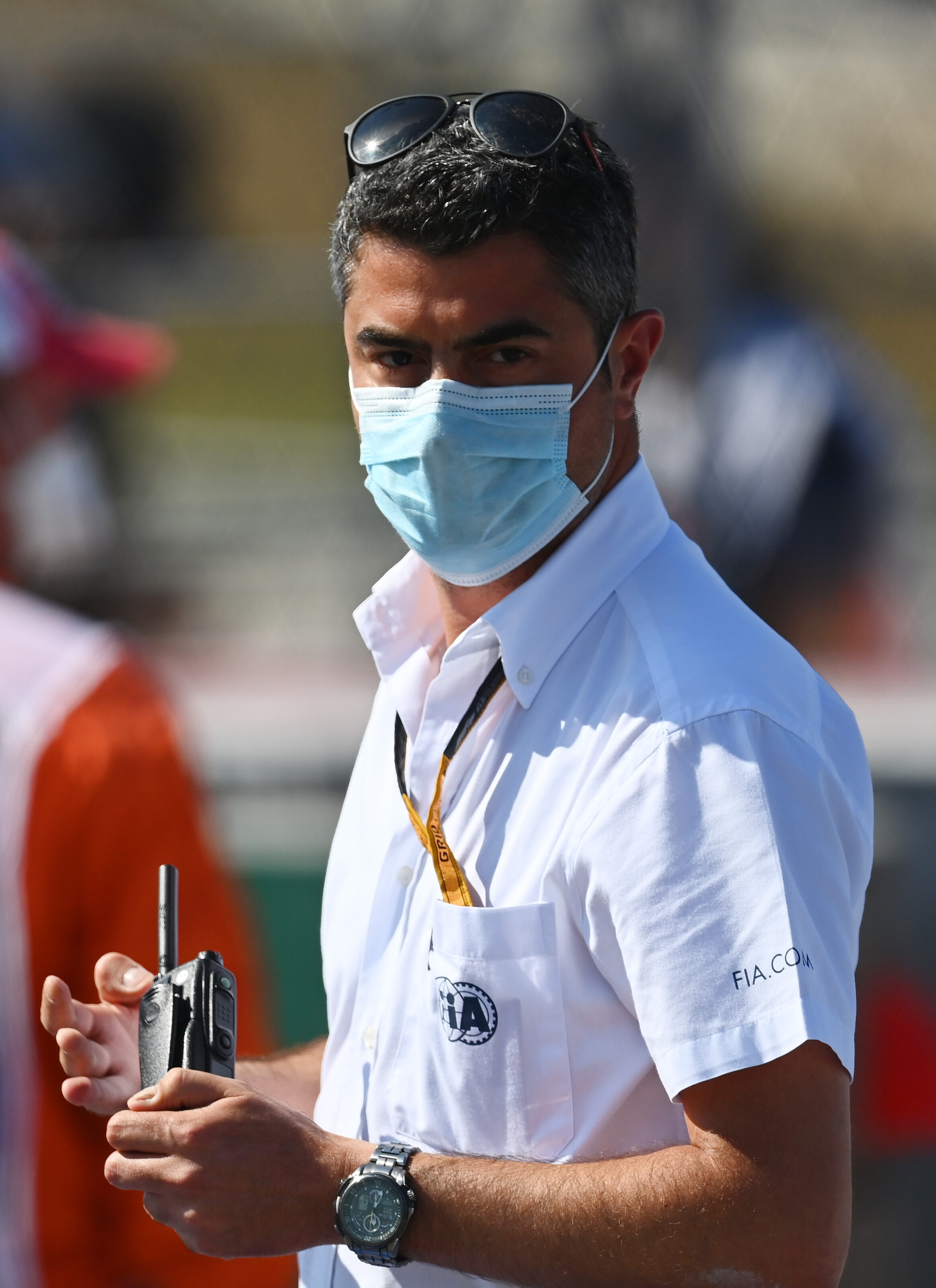
He oversees a regime more amenable to allowing combative wheel-to-wheel racing and erring on the side of ‘racing incidents’.
But incidents like Lewis Hamilton pitching Max Verstappen off on the first lap of the British GP incense fans. They question the 10 seconds in-race penalty Hamilton overcame to win, clawing back his points deficit to Verstappen.
The record-breaking Englishman and the disruptive Dutchman are involved in the closest championship battle in years. The stakes are huge, and fans called for Hamilton’s exclusion from the race, railing against the ‘soft’ penalty.
Masi accepts the criticism as part of his high-profile position. He applies the rules scrupulously and without favour, an equanimity learned in the hothouse of Australian touring car racing.
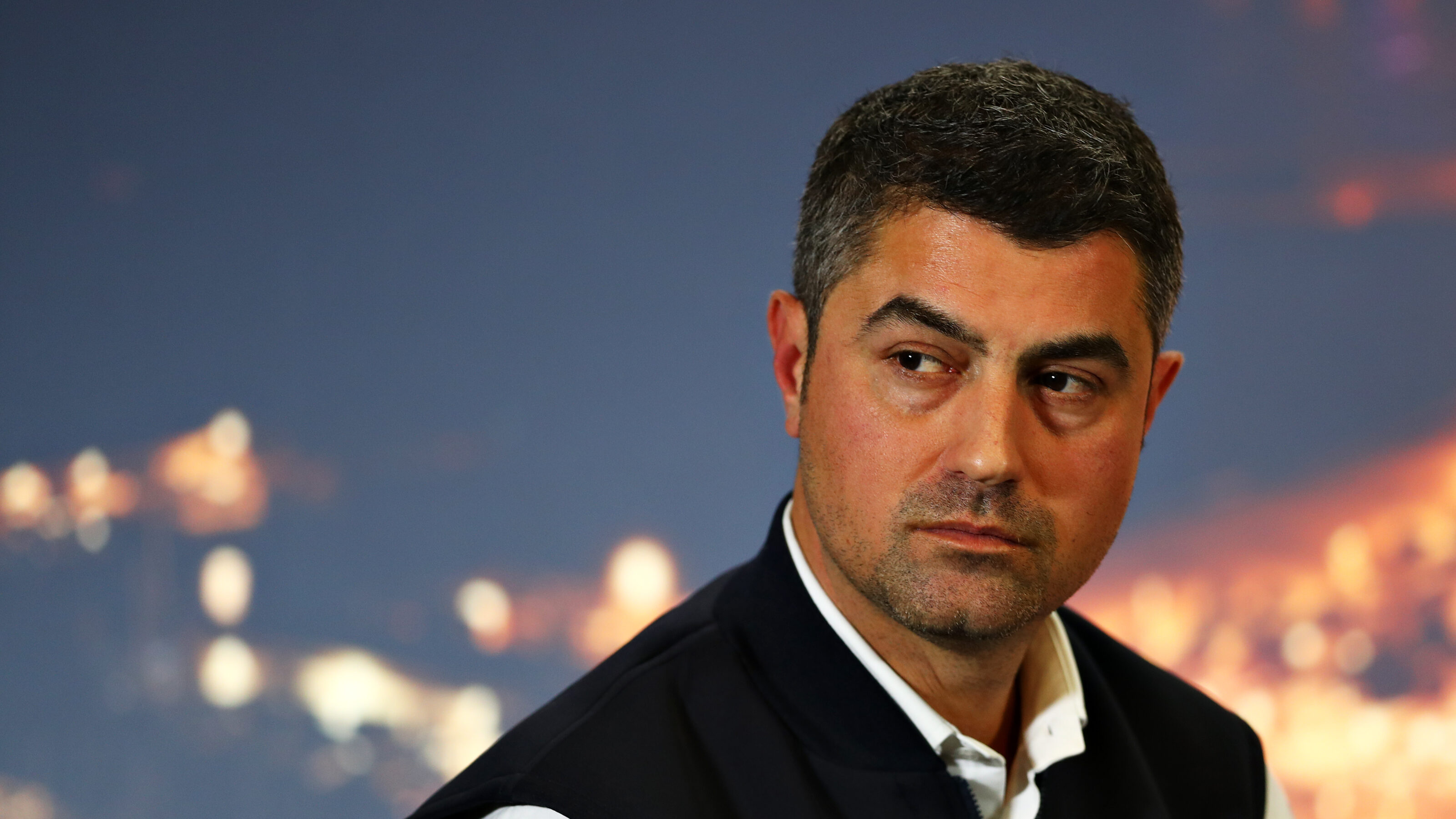
His stints in Supercars, as an administrator and then later as assistant race director, taught him not only procedure, but how to deal with powerful personalities. It was good preparation for dealing with the politics of F1.
Supercars is arguably more Machiavellian than F1, believe it or not, and dealing with tough-nut team owners like Roland Dane and controversial V8 series czar Tony Cochrane while being mentored by moderates like teams group chief Kelvin O’Reilly and category CEO Wayne Cattach exposed Masi to the gamut of conflicts.
“It was a good grounding, dealing with, let’s say, very passionate individuals who were very opinionated,” he reflects. “But what was consistent was that they all had the best interests of the sport at heart.
“Whilst they may have been pushing in certain directions for their own benefit, they were all very passionate motorsport people who wanted what they thought was best for the sport. It was a good grounding for understanding the political element of any sport.”
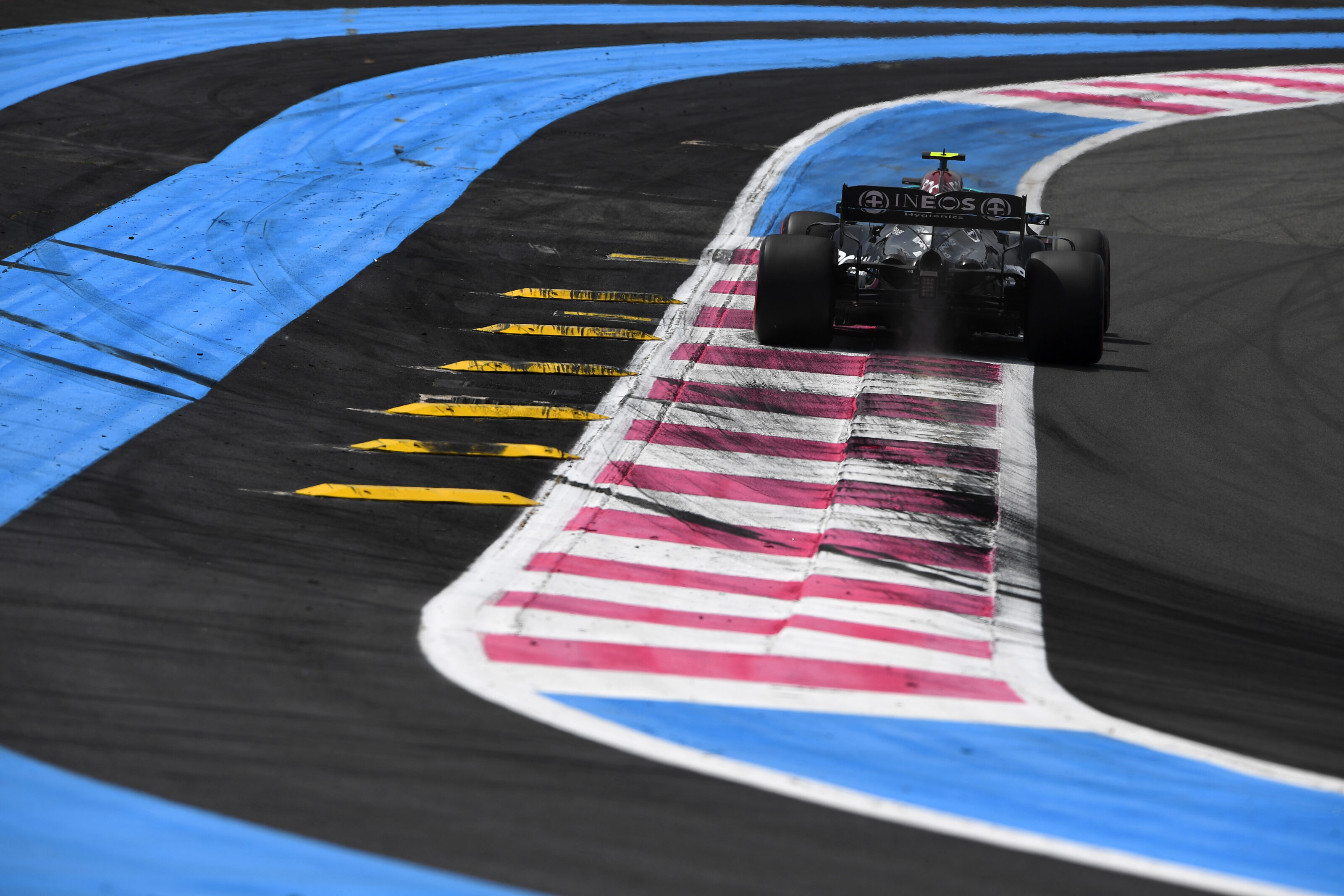
After serving his apprenticeship as assistant to Supercars’ long-time race director, former F1 driver and Ferrari sports car star Tim Schenken, as well acting as lead CAMS (now Motorsport Australia) official on the second-level Super2 series, Masi caught the eye of the FIA.
In 2018, he was made understudy to universally respected F1 race boss Charlie Whiting, working as his assistant at grands prix and taking over as race director of the official feeder F3 and F2 series.
Masi was among the candidates to replace Whiting in what was a long-term transition plan. That all changed on March 14, 2019, when Whiting was found dead in his Melbourne hotel room on the eve of the season-opening Australian GP.
Suddenly, the apprentice had to fill in for the master. Thrust into the F1 limelight by tragedy, he stepped up at Albert Park amid the grief and uncertainty. He did so well in the following months that he was anointed as permanent F1 race director mid-season by FIA president Jean Todt.
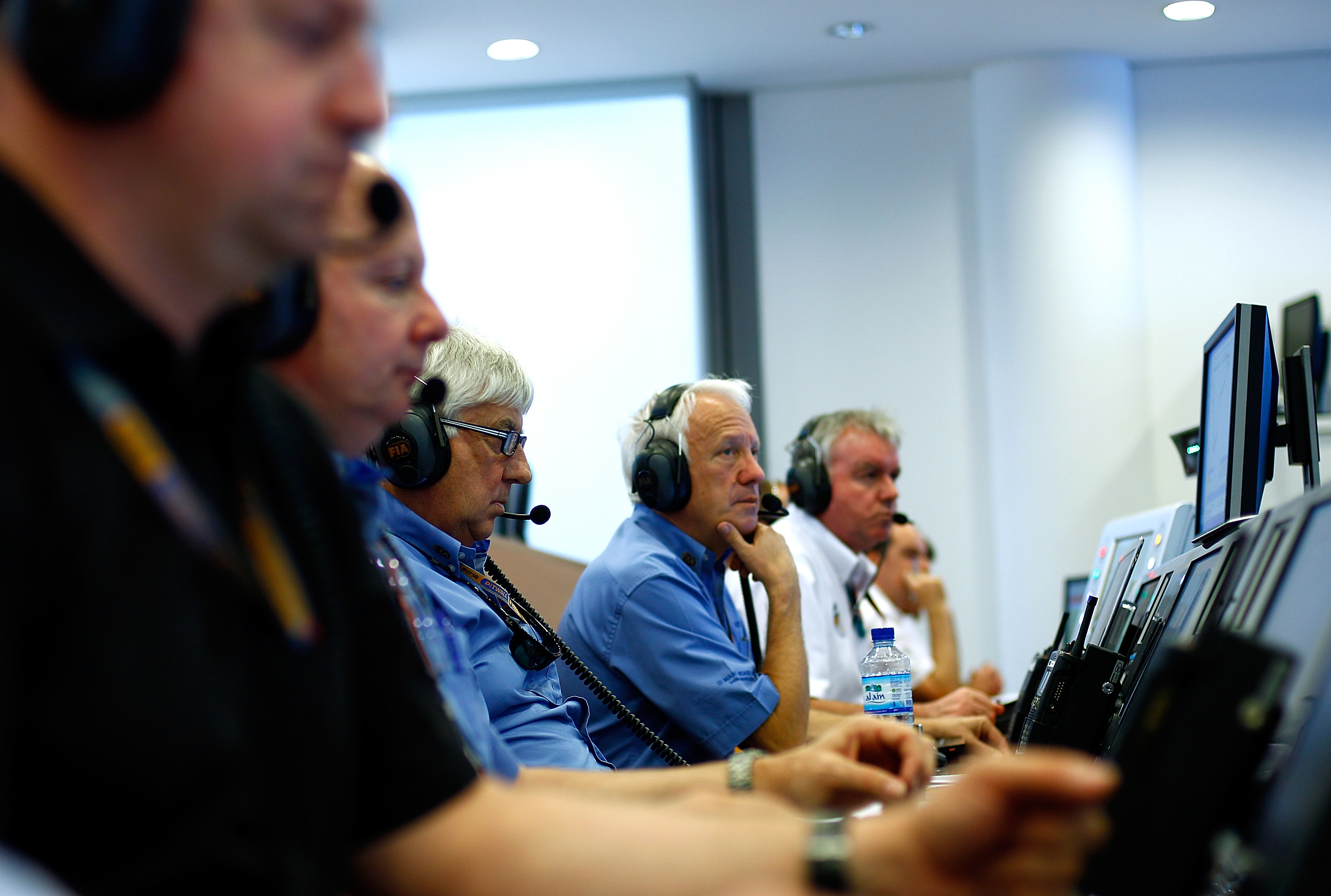
Masi learned from, but didn’t try to emulate, Whiting’s gruff attitude. He did, however, follow his even-handed ethos.
“I didn’t go in there with a dictatorial approach,” Masi remembers. “I was the new kid on the block and it was all about learning their way or operating and then trying to filter through a level of custom and practice of what had happened over the years, and then applying that in my own way.
“From that fateful Thursday morning in Melbourne, I had support at every level. It was a whirlwind year and a huge learning experience, and I was on trial from event to event. I went about it in my own way while respecting those around me and the knowledge they had, which they were willing to share with me. I was very fortunate.”
Under extreme pressure, he never wilted – nor questioned himself. He just got on and did the job.
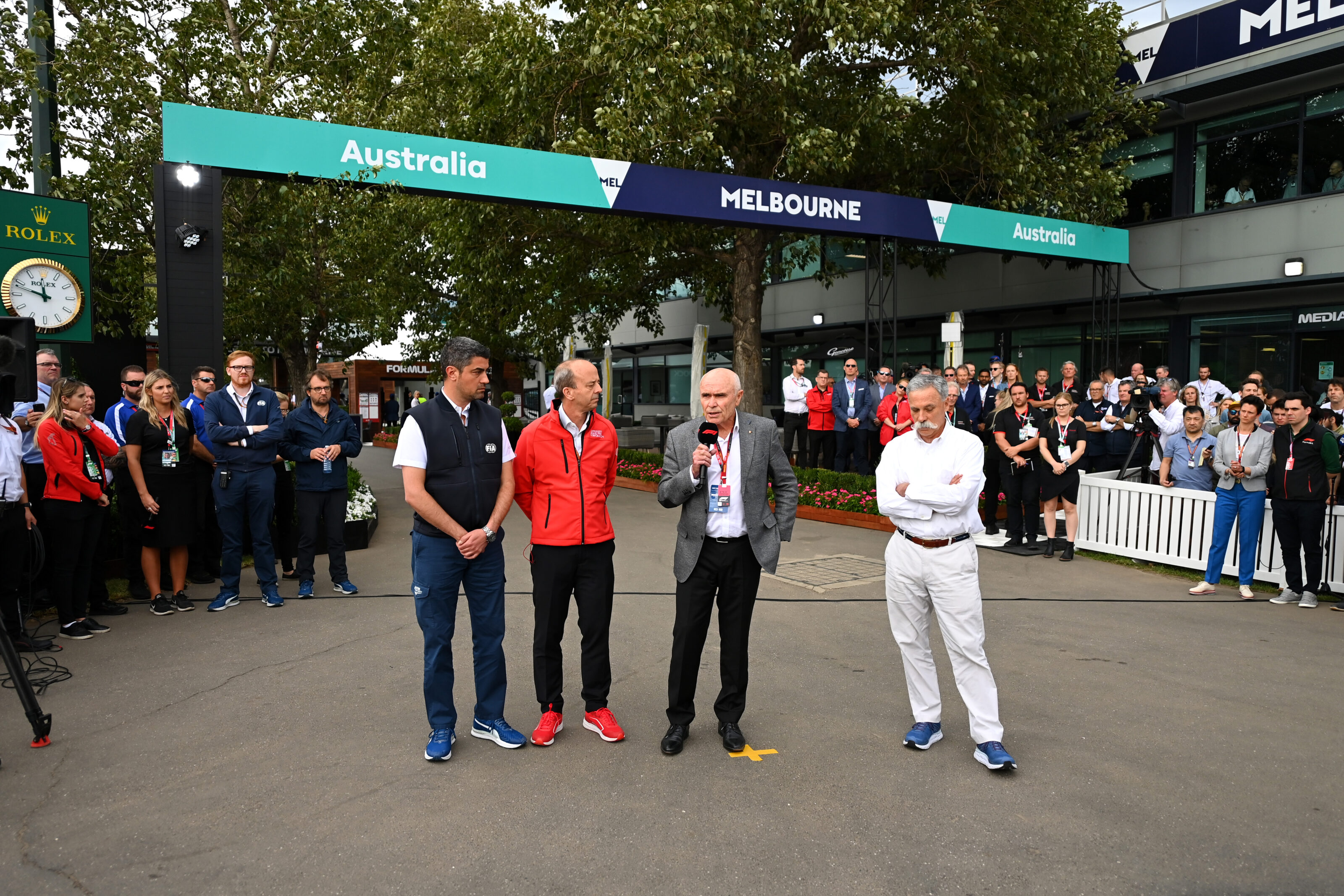
“I didn’t doubt myself as far as technical competency went,” Masi says. “I probably had second thoughts a few times on certain elements of the role that I didn’t quite appreciate and understand.
“The single most challenging thing for me was not having a sounding board. Charlie had been in the role for 20-odd years, so he knew all the ins and outs. All that corporate memory disappeared with his death.
“Not having access to that was a huge challenge and probably why I inwardly pressured myself on a few occasions. But I went into each and every event with eyes wide open and willing to learn.
“I certainly don’t second guess myself with any of the decisions. Particularly in the race-control environment, you don’t have time to sit there contemplating how your decisions could be perceived. It’s instinctive – a gut reaction from all the years in the sport.”
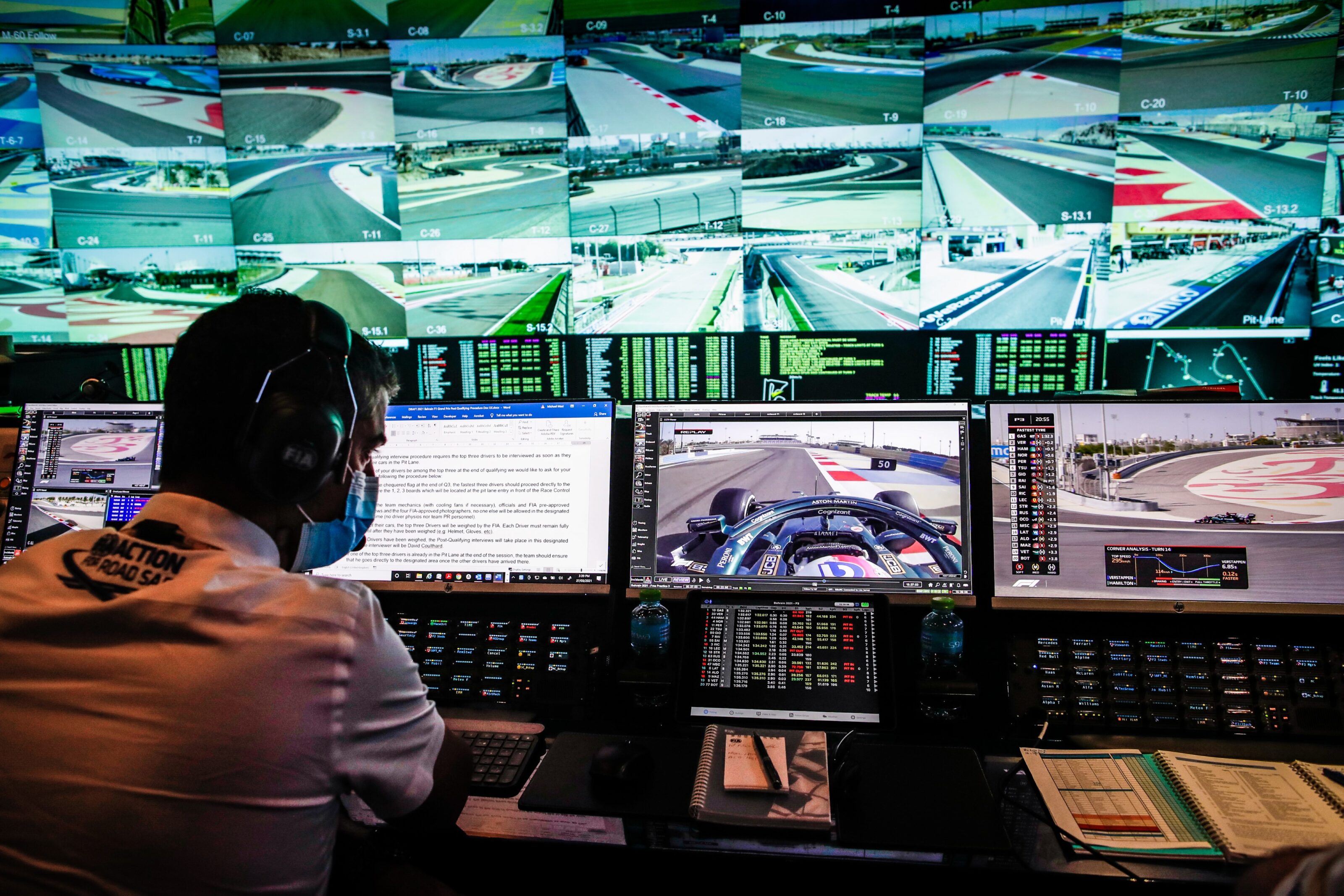
Masi’s official title is FIA F1 race director and safety delegate. Effectively, he oversees a GP weekend’s track action from race control, surrounded by myriad monitors and support staff. He has access to instant replays from multiple angles and real-time data.
He is at the peak of a team of up to 80, including contractors, responsible for the organisation and operation of an F1 event. As many as another 16 are involved when F2 and/or F3 are on the undercard (mostly at European events).
His close-knit team of FIA sporting officials is five.
“It’s a huge responsibility, but I have great support in all areas,” Masi says. “You’re only ever as good as the people you have around you. You do have to be across a lot of things, but I have an amazing team around me.”
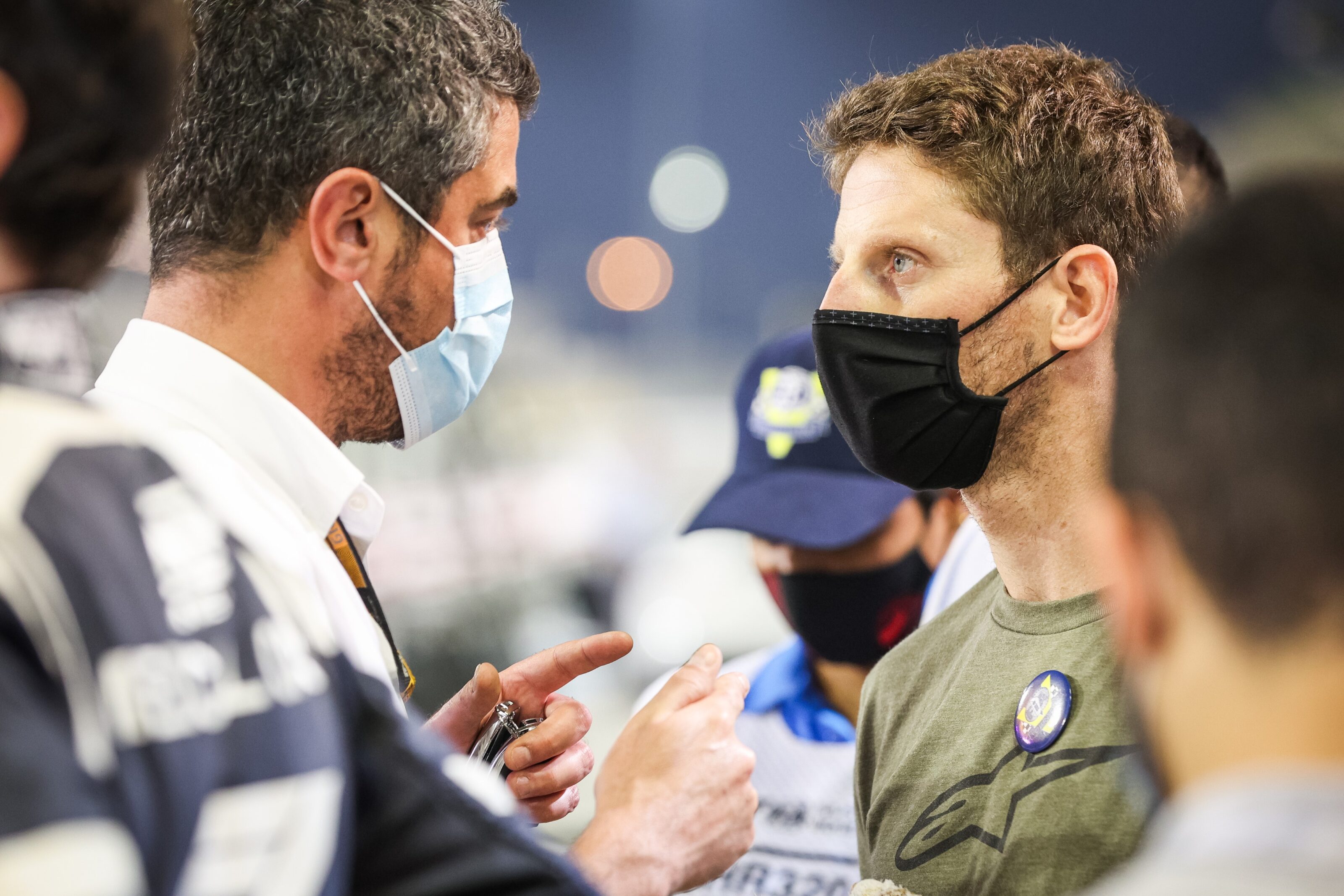
As F1 officialdom’s most prominent face – and, this year, voice, with his dialogue with team bosses often included in the telecasts – Masi’s actions and decisions are subject to intense media and fan scrutiny.
Social media abounds with comments and criticisms, which he shrugs off as just part of the job, dictated by the (incredibly extensive) rulebook.
“There is a huge amount of public scrutiny and media scrutiny, and many people having an opinion, which they’re all entitled to,” he says. “We’re very fortunate in motorsport that the fans are so engaged and passionate about what they see, and have a greater voice than ever before.
“From my end, the criticism is part of the job. I’ve very rarely seen a referee that gets a pat on the back for his or her decisions. I do the best I can and actively encourage feedback from the teams and drivers, which is a critical element of improving the system.
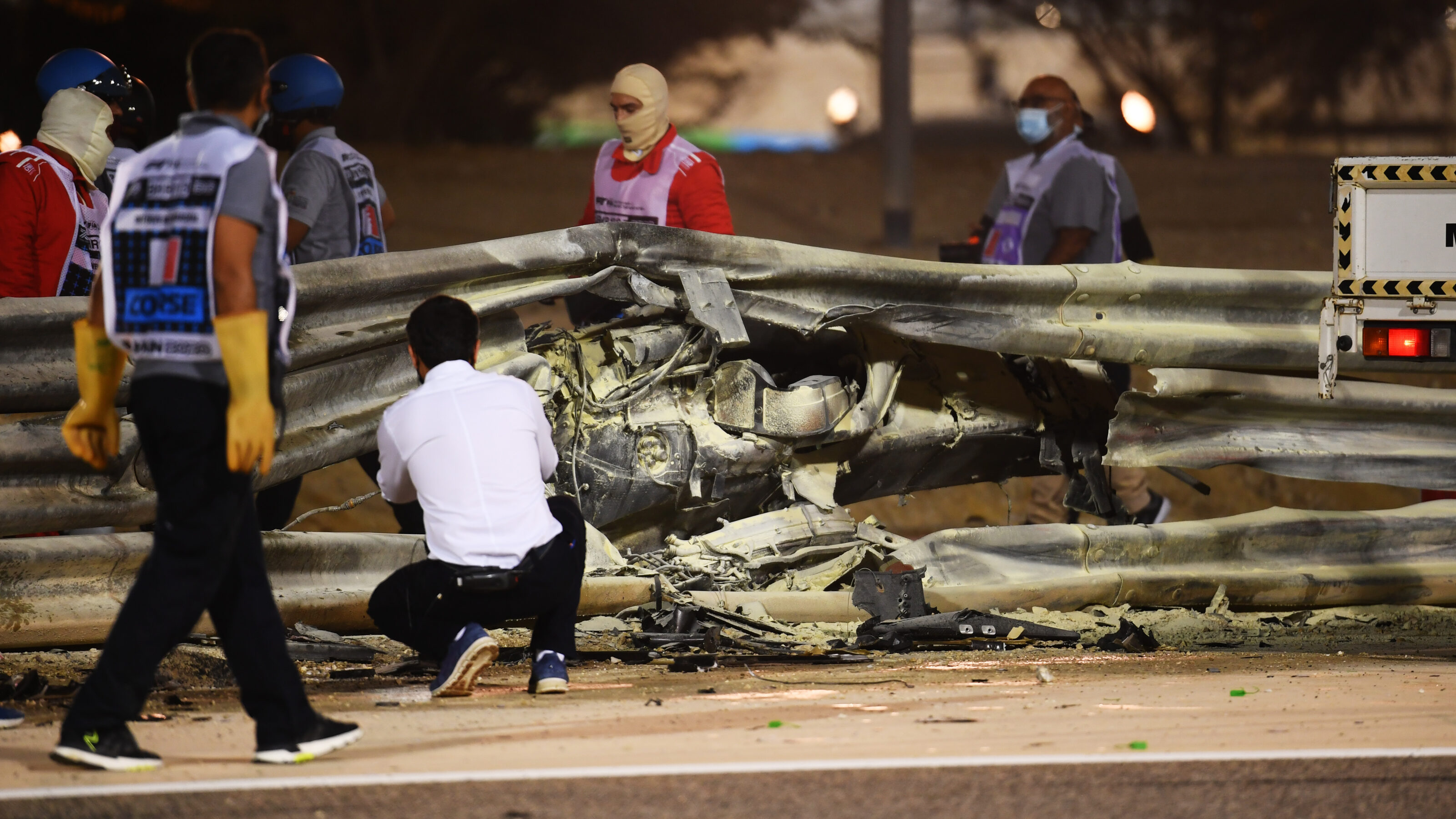
“I have a rulebook to work by and I have to adhere to those rules. Motorsport is such a complex sport that fans only see a small part of those complexities, which are covered by hundreds of pages of regulations. Maybe as a sport we have to do a better job of de-complicating it.”
One of the most heated debates is about track limits and the seemingly random penalties handed out to drivers for cutting corners or over-use of hard run-offs.
“With track limits, we went down a road for a particular purpose,” Masi explains. “By definition, in a complete regulatory sense, the white line defines the edge of the track in motorsport globally. But it’s also about a practical application of what you can consistently police at a particular venue.
“The cars are evolving year-on-year, so what may have been track limits one year, suddenly you go there the next and it’s no longer an issue. So it’s trying to find that balance and then finding technological solutions that you can apply.
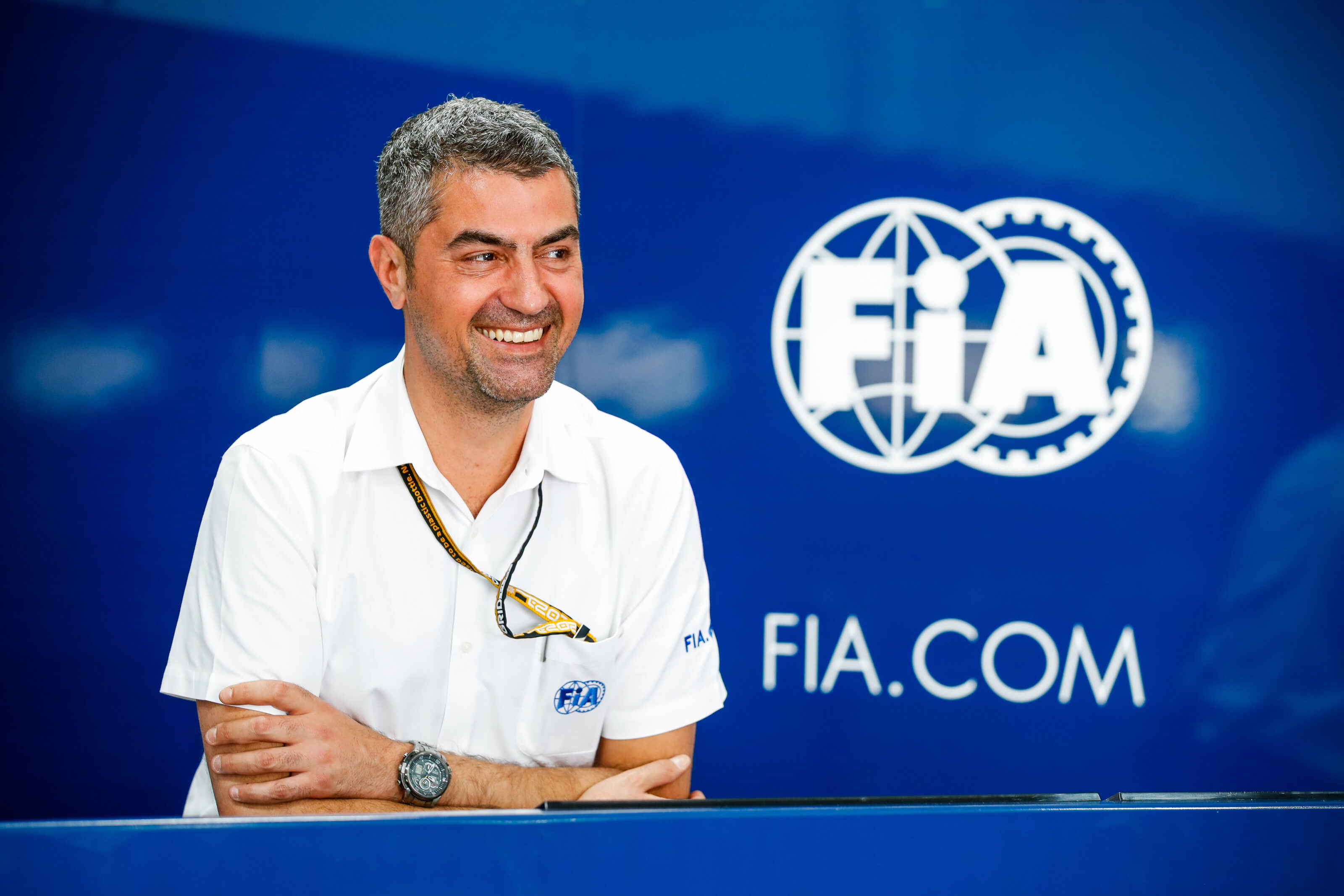
“We’ve been very clear on the way in which we police track limits. We’ve policed them absolutely consistently across the board. Yes, they change from event to event because each circuit is different and it’s about trying to identify those critical areas which the drivers and the teams do have an input into. It’s not a surprise when they arrive at a track.”
Surely, like a tennis court, the white lines are the boundary – in or out?
“Easier said than done,” Masi observes. “With the amount of video coverage available, it’s a matter of what we in race control can actually police consistently each and every time that it happens. We don’t have the ability to police every corner all the time. A tennis court is yay by yay big and easily policed within those confines. A circuit is far different. What is practical during the race has to be consistent and understood by the drivers. It’s evolved, but we’ve certainly got to and continue to work along that way.”
Masi dismisses a sophisticated electronic monitoring system which would automatically register transgressions.
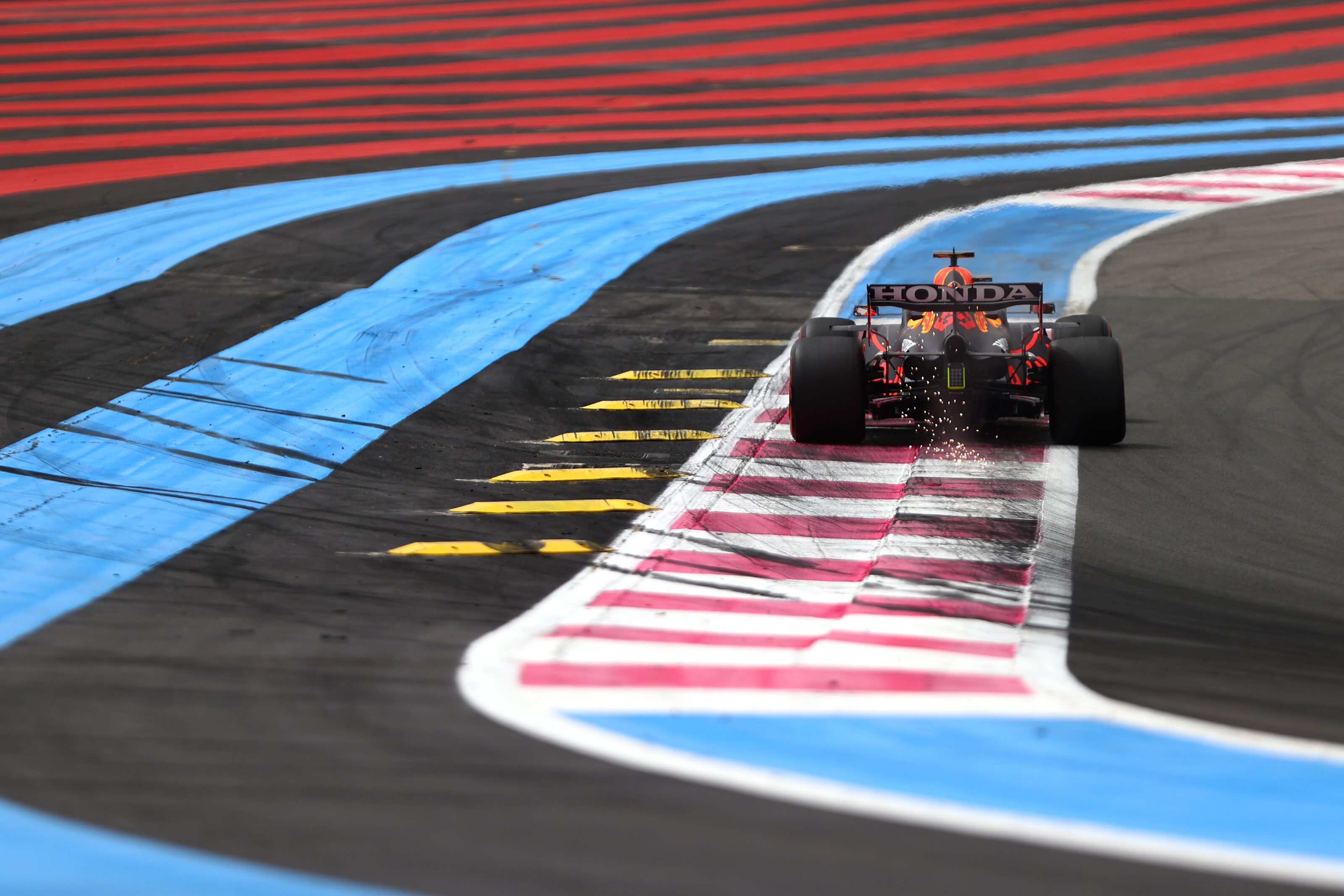
“I don’t know that we need an electronic system,” he posits. “I think the big one that everyone likes is physical deterrents, be it gravel traps, grass or different kinds of kerbs depending on the corner.
“So I think having that physical solution is certainly the preference wherever possible – and it’s something we’ve been working on with all of the circuits to implement that over a phased period. But it’s not an overnight switch to make significant investments like that.”
Critics also charge that sanctions for driving infringements are inconsistent and often in conflict with previous decisions. Masi points out that penalties are decided by the stewards – albeit, almost always after he has referred incidents to them.
“As far as the consistency goes, the stewards actually apply the penalties,” he sighs. “I’m in charge of the overall adjudication, but when it comes to penalty decisions, we have a group of four stewards at each event.”
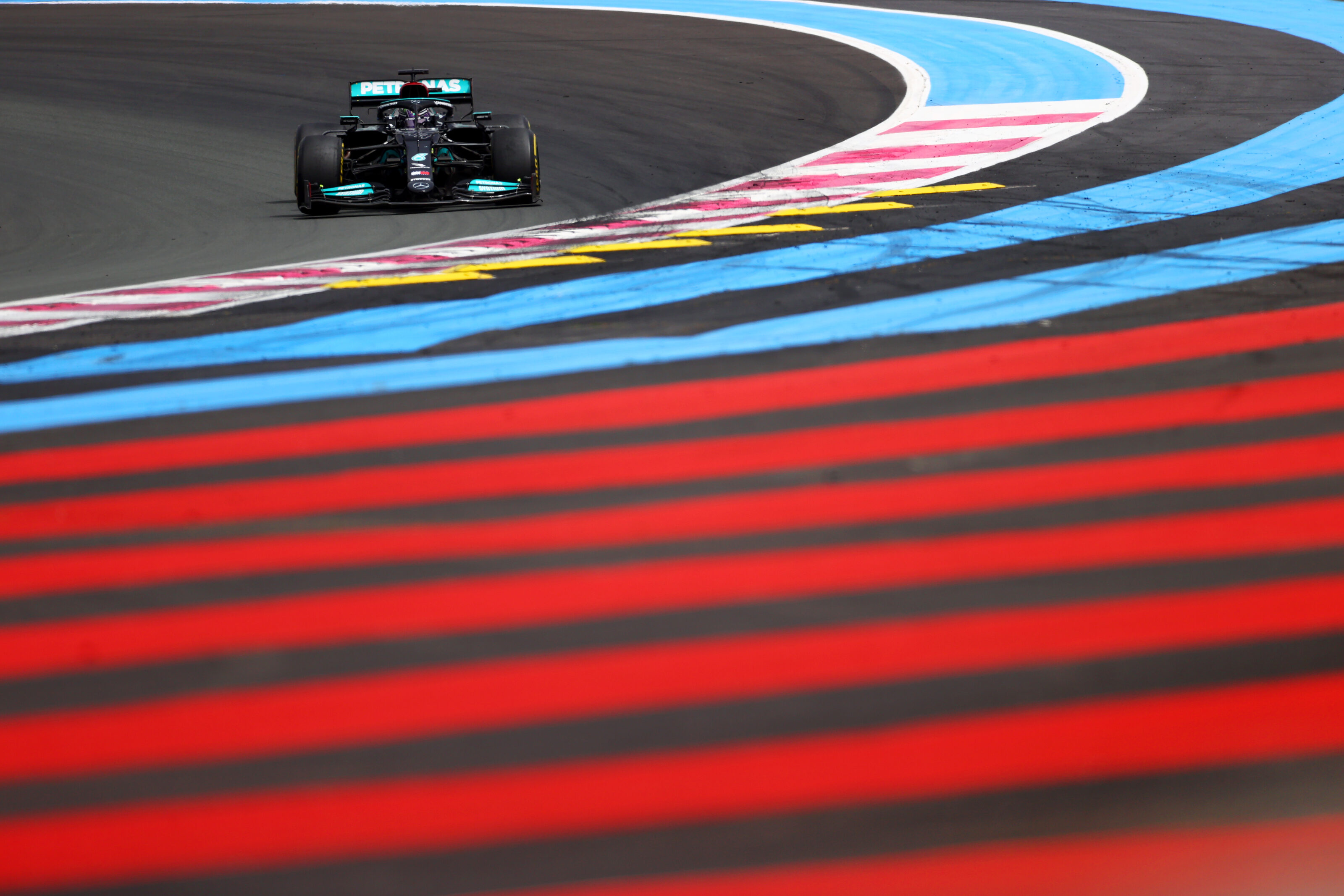
There is a roster of senior stewards, headed by Australia’s FIA delegate Garry Connelly, and ex-international drivers who are rotated onto the four-person panel at each GP.
“The question of consistency in the application of charges and penalties is an age-old debate,” Masi continues. “You need to look at each incident on its own merits, taking into account similar breaches in the past. We are in constant dialogue with the teams and drivers about how rules should be interpreted without necessarily changing the regulations.”
As friendly and consultative as he is, Masi has to stand his ground against imposing F1 figures, not the least of which are the drivers, led by global superstar Lewis Hamilton, seven-time world champion and an increasingly strident crusader.
In two-and-half years in difficult circumstances, Masi has built trust with the stars of the show, although not without disagreement. He exchanges views with them on the eve of each race weekend, often debating racing rules interpretations or clarifications.
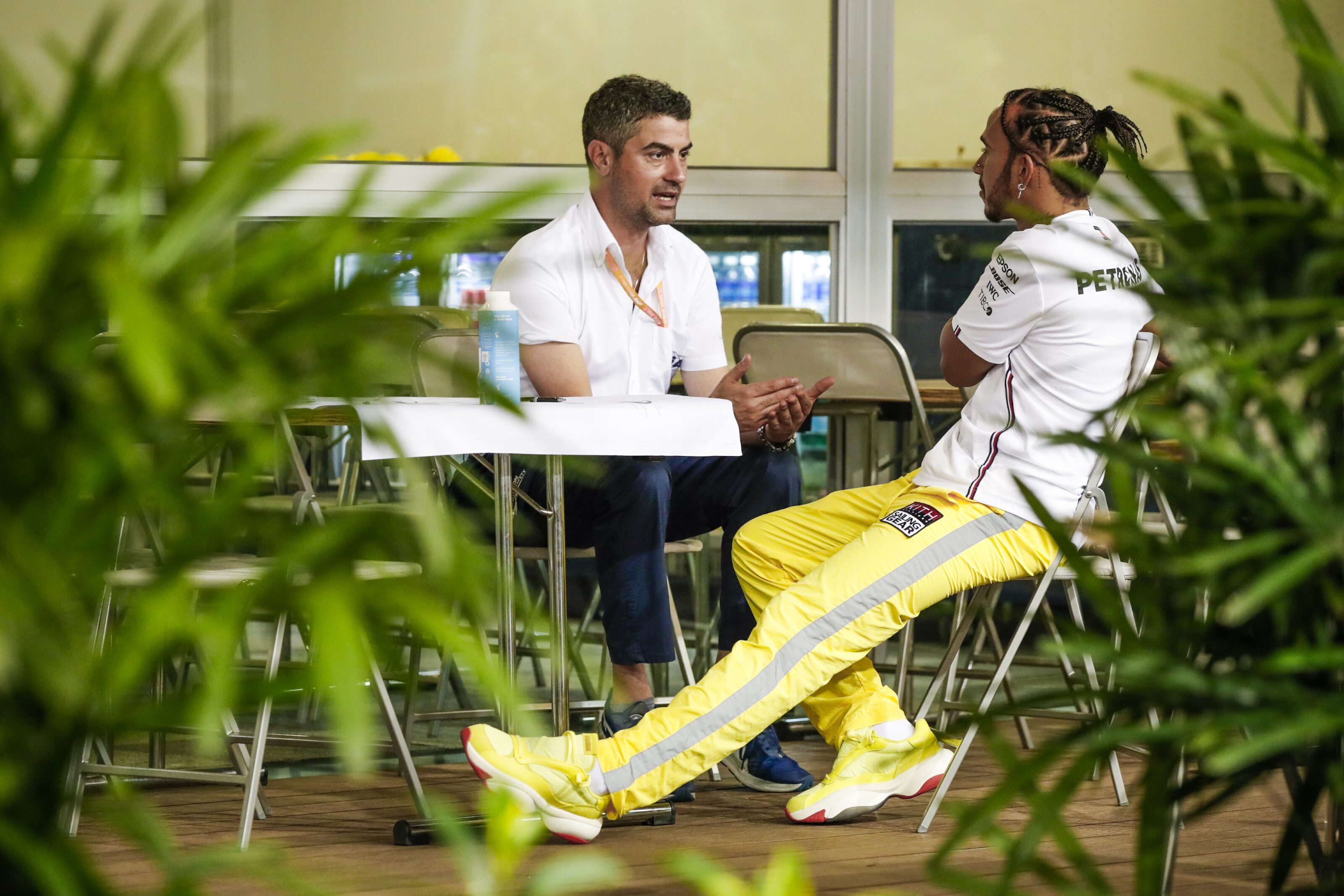
“Yes, there are robust discussions at the drivers’ meetings, but at the end of the day, someone has to make a decision and that person is me,” he declares. “A number of them have different opinions; sometimes they all have the same opinion.
“I wouldn’t call it intimidating at all. That they’ve accepted me is shown in a number of things that we’ve done over the period. It’s just been a matter of getting to know them and them getting to know me. I wouldn’t say heated, but we certainly have robust discussions at drivers’ meetings, but it’s very much a dialogue.”
In between F1 events, Masi has a multitude of tasks. He is also the FIA’s single-seater sporting director, in a charge of developing the junior open-wheeler championships – Formula 4 regional series, and the F1-supporting F3 and F2 titles.
As part of his general operational role, he is a circuit inspector, approving new international tracks or upgrades to existing courses. In addition, he chairs the rule-making FIA sporting advisory committee and sits on the world governing body’s circuits and safety commissions. He attends all F1 Commission and World Motorsport Council meetings.
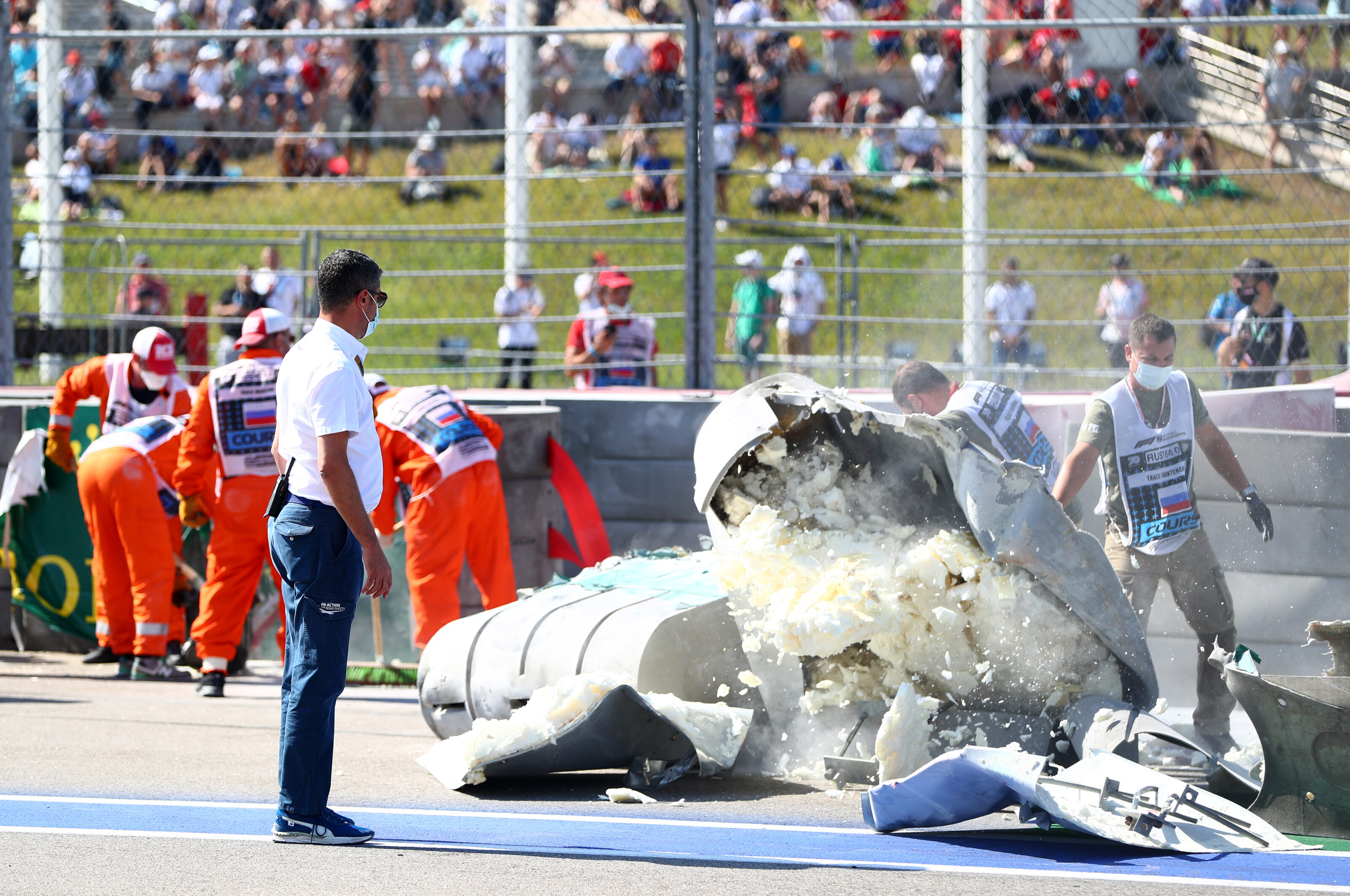
“Free time is certainly not high on the agenda at all, particularly with the COVID-19 situation throughout 2020 and again in 2021,” Masi rationalises. “Trying to deliver an F1 world championship amid this pandemic has been extremely challenging.
“To get in 17 events in six months last year was a fantastic achievement and this year, in a lot of ways, is even more difficult because of the way different countries are managing entry and exit criteria. But it’s a good challenge … and I really enjoy that.”
Michael Masi is living an extraordinary life in extraordinary circumstances. He has risen to the task with unusual equanimity, establishing himself in a rarefied role for many years to come. He is the amiable Aussie who defies the notion that you need to be aloof and stone-hearted to survive in the turbulent, cut-throat meritocracy that is F1.
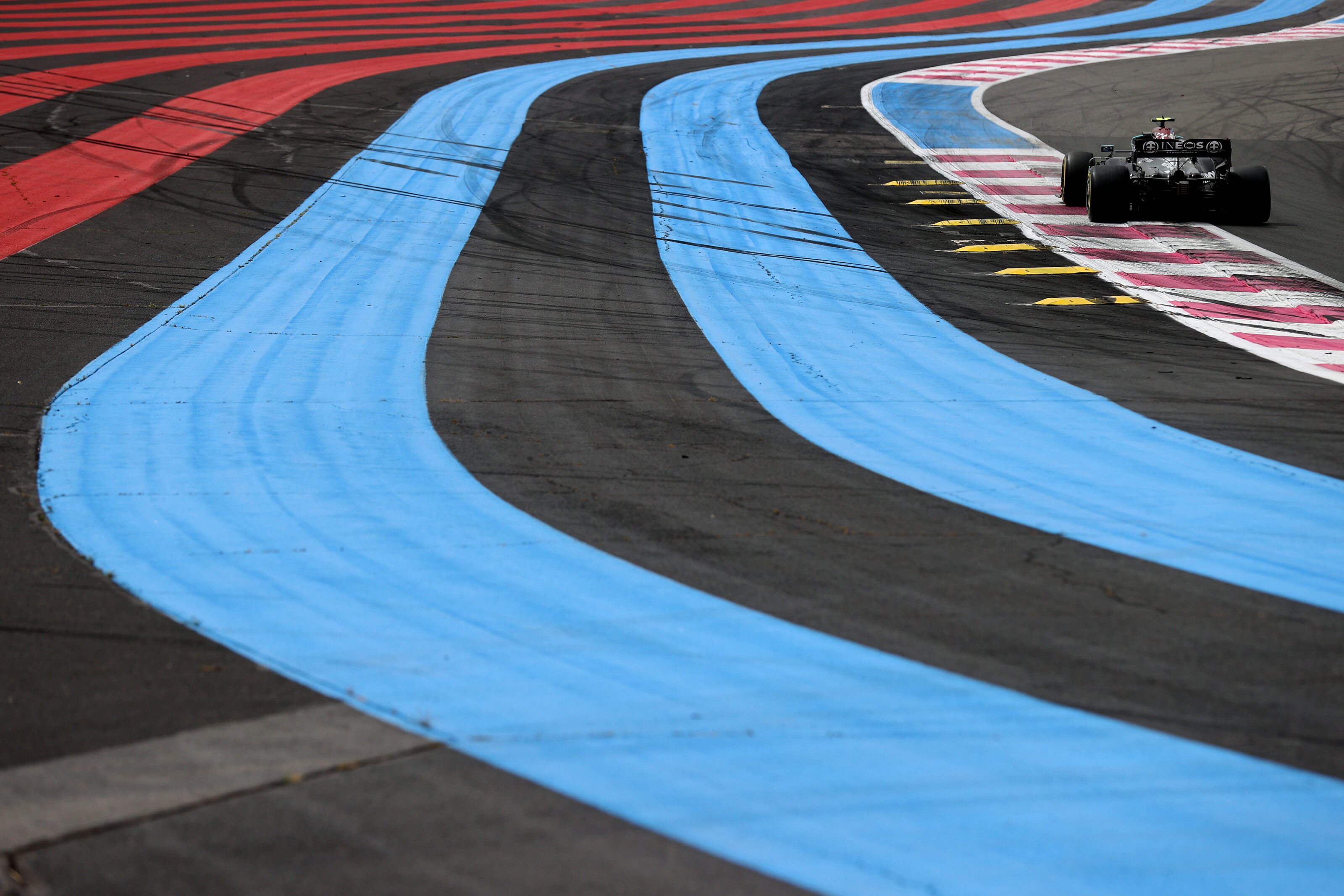
Destined for success
Those who ‘groomed’ Michael Masi aren’t at all surprised he has become F1’s respected race director.
BTCC boss Alan Gow and accomplished sports administrator Kelvin O’Reilly saw Masi’s potential in the mid- to late-1990s, when they pitched 2.0-litre Super Touring against V8 Supercars.
They lost that squabble, but then junior assistant Masi prospered from their tutelage, rising through the ranks of Australian and international motor racing.
O’Reilly, South Australian football administrator turned motor racing chief, praised his protégé’s personality and diligence.
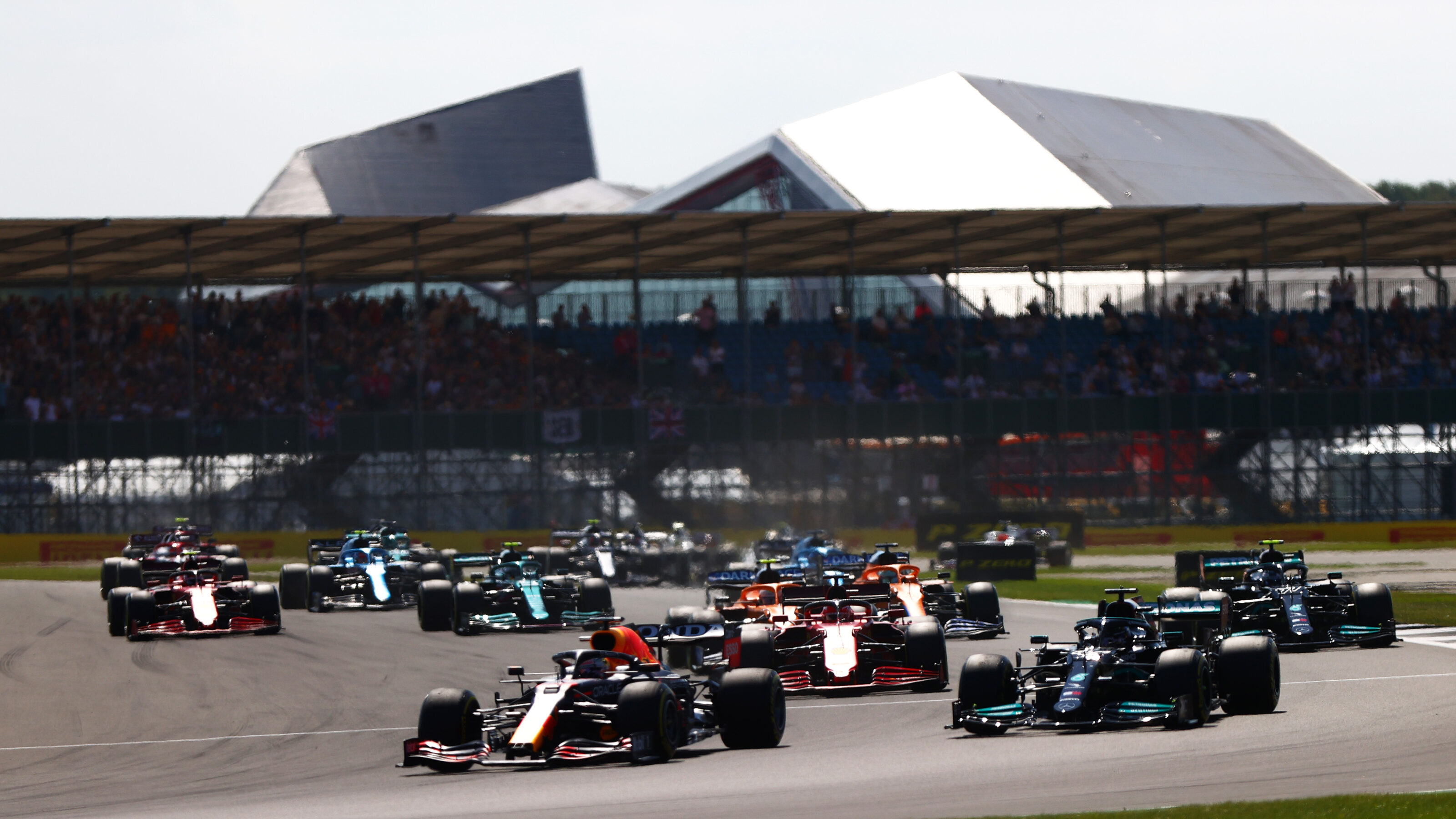
“I’ve known him since 1995 and I don’t know anyone who’s dealt with him who doesn’t rate him as a great person,” notes O’Reilly. “Michael is the epitome of the old adage – the harder you work, the luckier you get.
“He is unquestionably good. He has all the skills you’d want. By the time he finishes in F1, he’ll have even more skills and be more valuable.”
O’Reilly, who has revitalised Karting Australia in recent years, maintains Masi was destined to become F1 race director.
“We were all surprised by the circumstances, but his pathway was always going there,” O’Reilly says. “He was clearly the best candidate. He is a great young man.
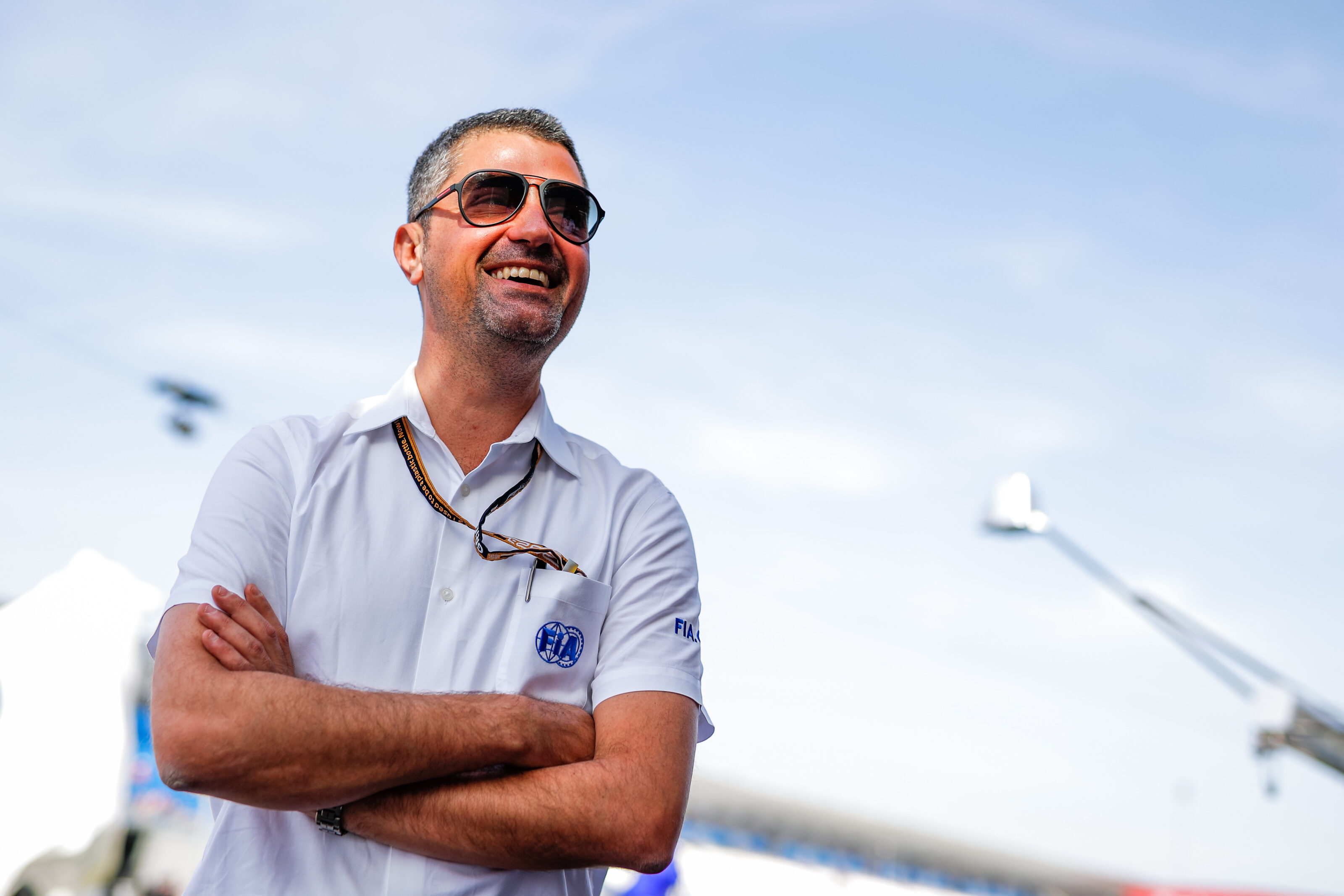
“He has an extraordinary understanding of the rule book. He’ll make good decisions; he’ll be media-friendly and he just works so damned hard.”
Expat Aussie Gow, who has kept the British Touring Car Championship successful for most of the past 30 years, also rates Masi highly.
“He’s doing very well,” says Gow, who is also president of the FIA Touring Car Commission and privy to the sport’s inner workings. “The feedback I get is very positive. He’s done it incredibly well after taking over that role in incredibly difficult circumstances.”
Gow marvels at how Masi has seamlessly taken over from an entrenched veteran who earned the F1 community’s respect over nearly 30 years.
“Talk about being thrown in at the deep end – and he’s proven a great swimmer.”

